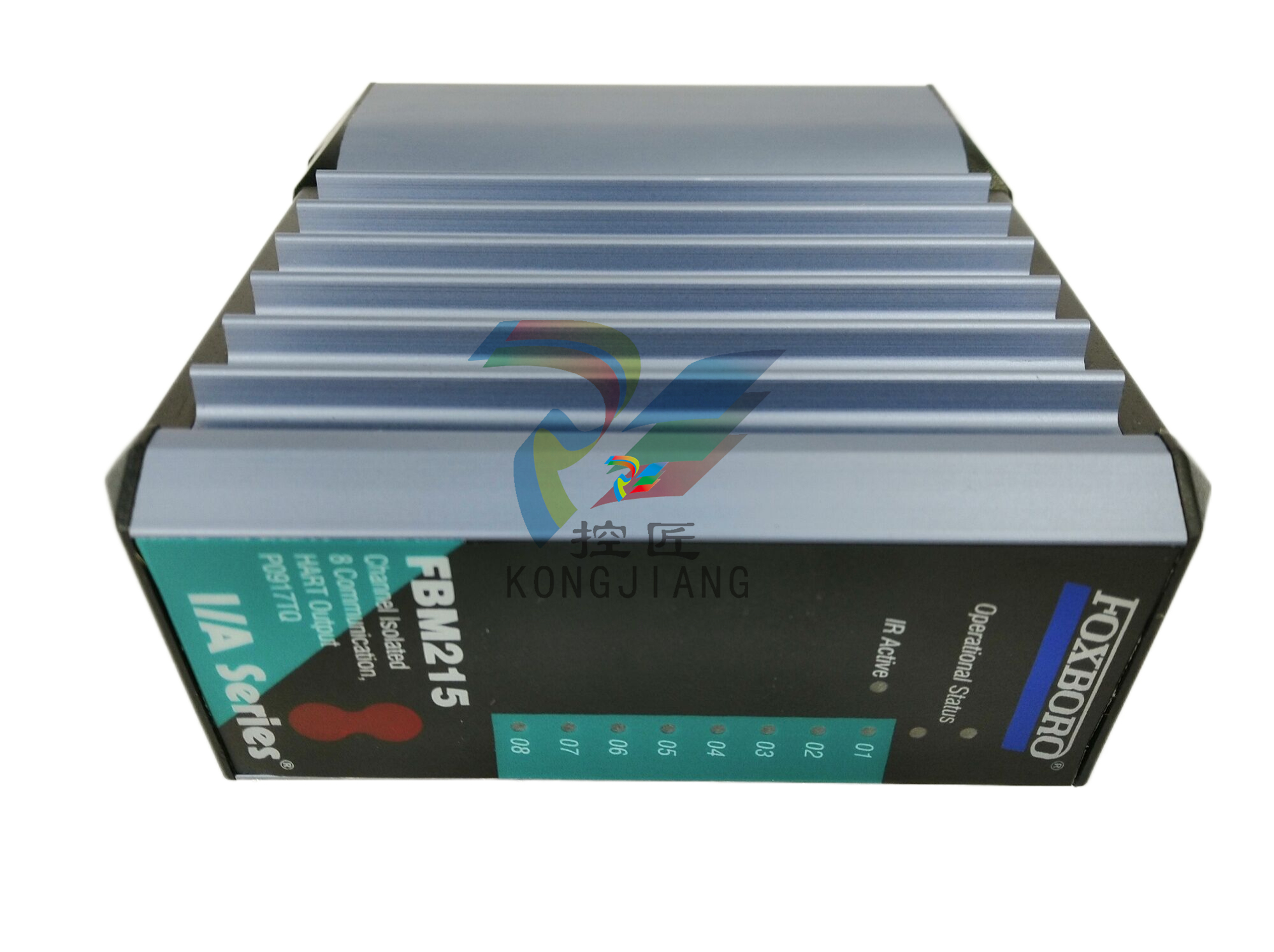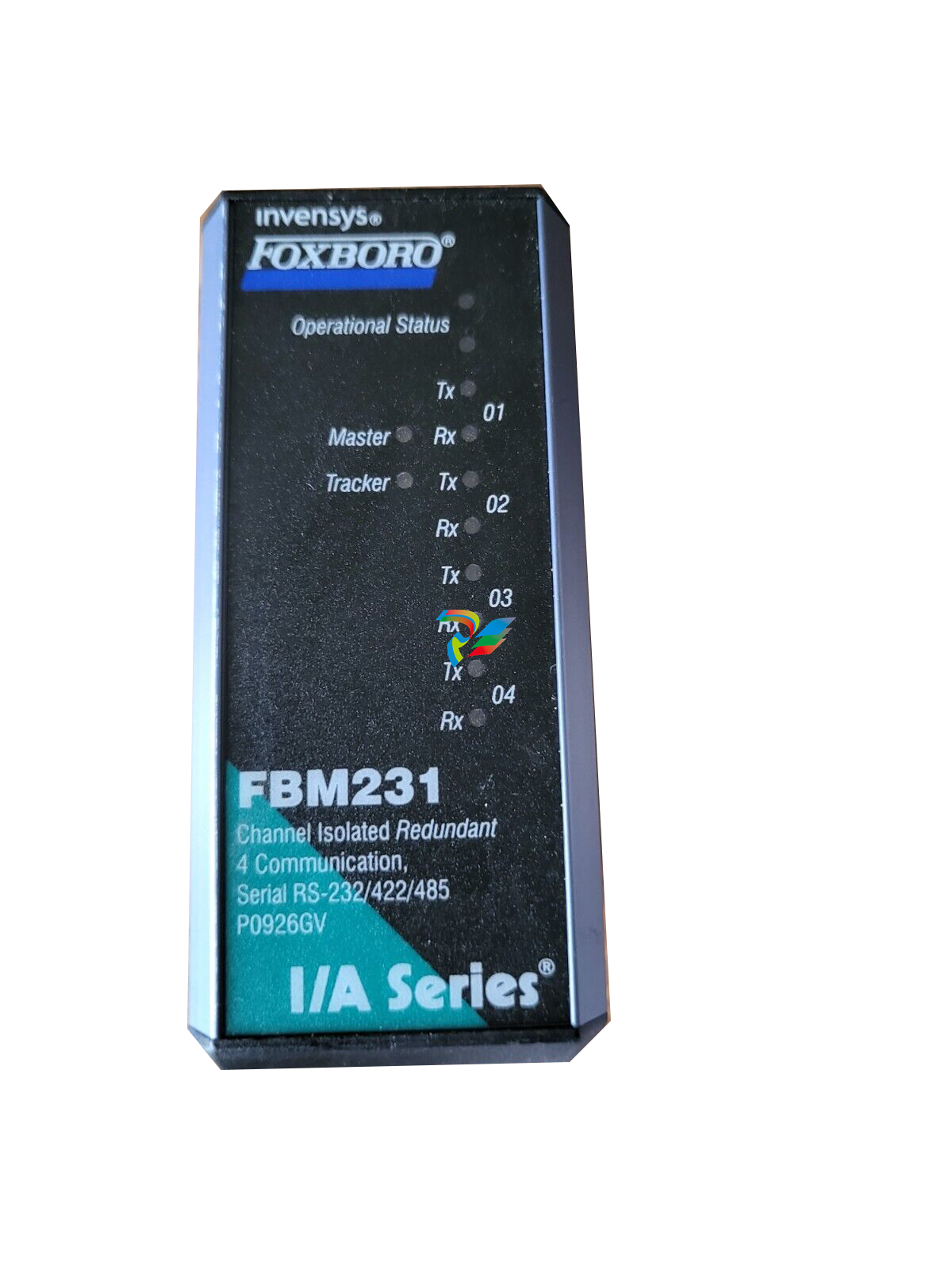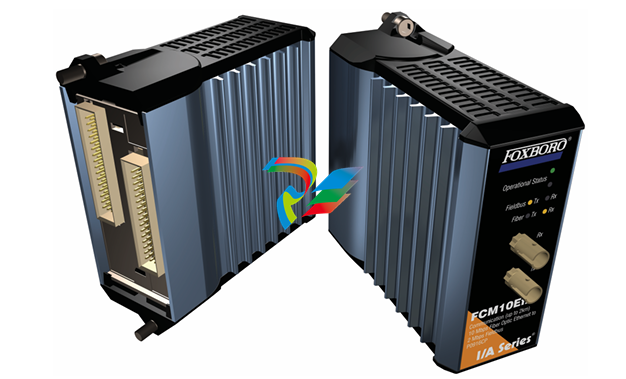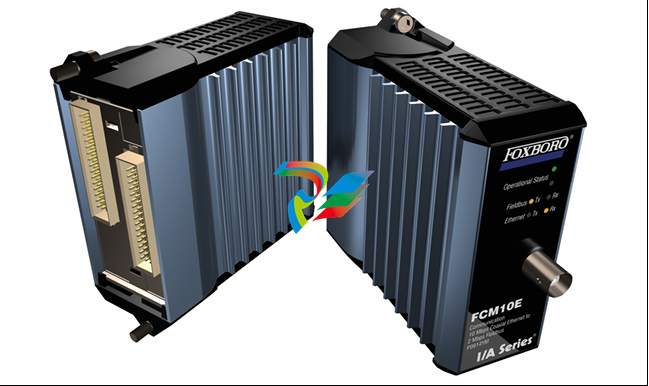
The Innovation Dilemma: Embracing Core Competencies in the Industrial World
In the realm of innovation and design, Steve Jobs remains an emblematic figure—his quest for perfection and focus on what truly matters has left an indelible mark on how products are created and experienced. He once stated, “Deciding what not to do is as important as deciding what to do.” This philosophy, rooted in the art of focusing on core competencies and excelling in them, is more relevant today than ever, particularly in the manufacturing sector.
As the manufacturing landscape evolves at a breakneck pace, the temptation to reinvent the wheel can be alluring. However, the pursuit of novelty without clarity of purpose poses a stark contradiction to achieving excellence and delivering value. It's within this context that business leaders must steer their teams towards focusing on core competencies—encouraging an environment where leveraging existing technologies and methodologies isn't just an option; it's a strategic imperative.
The case for core competencies
Cost efficiency: Venturing into the unknown, or creating from scratch, entails significant financial risks. R&D isn't just a monetary investment; it's a commitment of time and resources, which could otherwise be channeled into enhancing existing platforms that already demonstrate value and efficacy. Utilizing proven solutions doesn't just cut costs—it reallocates them towards refining what truly sets a manufacturer apart.
Faster time-to-market: In the competitive ballet of market presence, timing isn't just a factor; it's the factor. By adopting established solutions, manufacturers can leapfrog the developmental marathon and deploy their products or services swiftly, aligning closely with market demands and consumer expectations.
Risk reduction: Innovation, while necessary for growth, carries its share of risks. The journey of reinvention is fraught with potential missteps and failures. Established practices, however, offer a roadmap to success—minimizing uncertainties and steering endeavors towards predictable and positive outcomes.
Increased focus on core competencies: In the cacophony of potential innovation paths, it's vital to remember what defines and differentiates a manufacturer. Channeling efforts into core strengths not only enhances product offerings but solidifies a brand's presence in the marketplace, reinforcing its unique value proposition.
Scalability and flexibility: Establishing a foundation on tried-and-true solutions allows businesses to remain agile—adapting to market shifts without the exhaustive need for redevelopment. This strategic flexibility is paramount in maintaining a competitive edge.
Leveraging collective intelligence: In the digital age, the wisdom of crowds is an invaluable resource. By focusing on outcomes and embracing established technologies, manufacturers can tap into a reservoir of collective experience, drawing on a wealth of insights, best practices and lessons learned.
Sustainability and resource optimization: With sustainability fast becoming a linchpin of competitive advantage, focusing on outcomes can significantly enhance resource efficiency—minimizing waste and reducing environmental impact, thus aligning profitability with planetary stewardship.
Compliance and standards: The path of innovation must always be navigated with an eye towards compliance. Established solutions inherently align with industry standards—safeguarding manufacturers against the pitfalls of non-compliance and the oversight of critical regulations.
Industrial DataOps and innovation dilemma
The lesson Steve Jobs imparts is clear: focusing on excellence in one’s core competencies fosters not just innovation, but meaningful innovation. For manufacturers in today's dynamic environment, the merits of leveraging what works—refining and perfecting it—cannot be overstated. It is through this lens that businesses can achieve transformational growth, ensuring that their offerings are not just market-ready, but market-leading.
Delving deeper into the intricacies of Industrial DataOps reveals the complexity and layered nature of the process—a multifaceted journey from raw data collection to actionable insights that power the manufacturing landscape. Yet, amidst the digital transformation lies a formidable challenge: no two industrial sites are exact replicas. The unique configurations, processes and requirements of each site necessitate a tailored approach to Industrial DataOps, one that evolves and adapts, often at a significant cost in resources, time and opportunity.
1. Industrial connectivity
At the outset, establishing connectivity across a diverse array of industrial equipment and systems presents the initial hurdle. Each site may operate different machinery, legacy systems and software, making standardized connectivity a complex endeavor. This foundational step is critical, yet navigating the variations across sites can significantly complicate the scalability of DataOps solutions.
2. Data collection and normalization
Following connectivity, the task of collecting and normalizing data to ensure consistency across various sources and formats ensues. Each industrial site can generate an overwhelming volume of data in disparate formats, making normalization not just a technical challenge but a logistical one, requiring both precision and a deep understanding of the data’s underlying semantics.
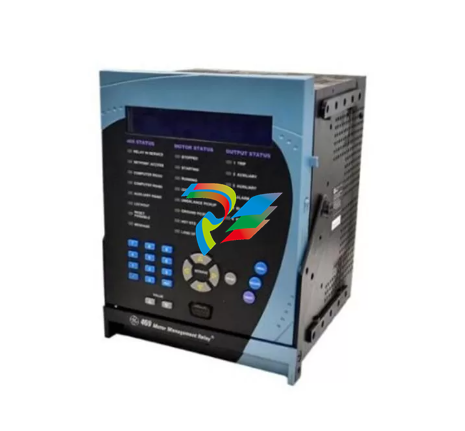
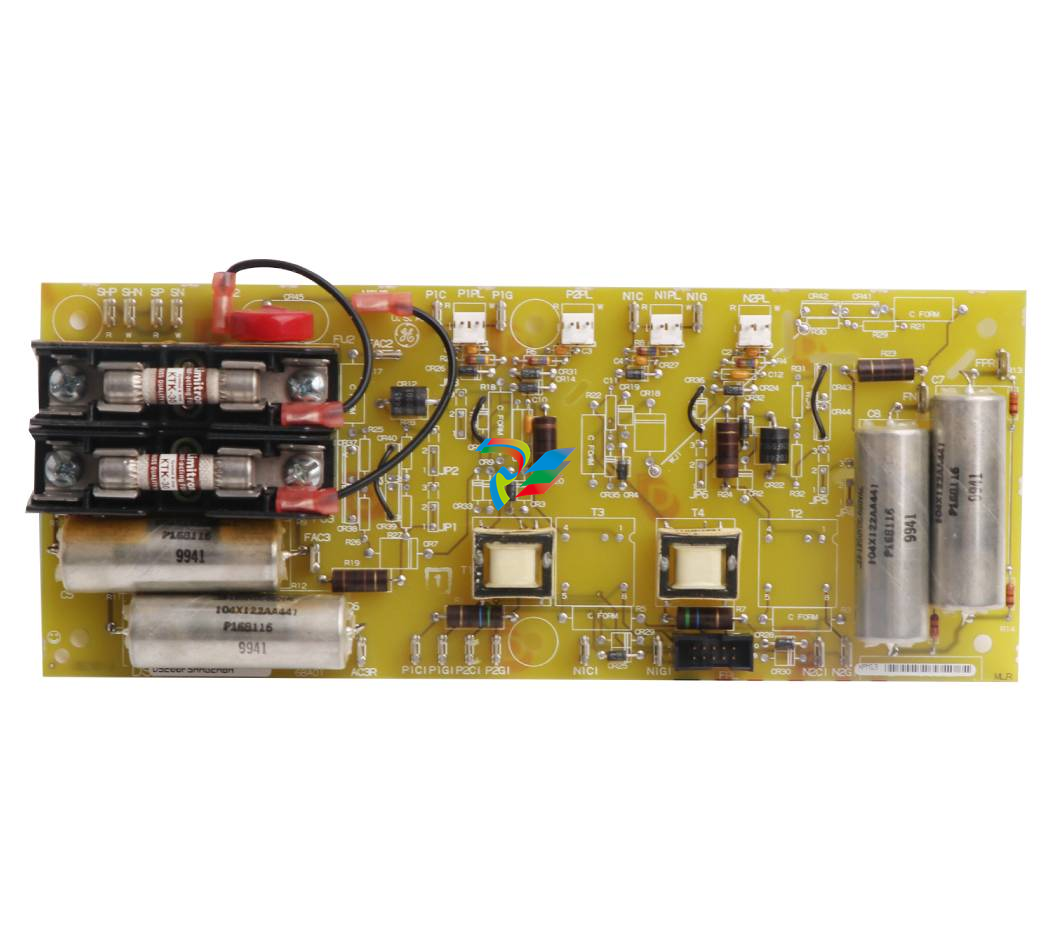
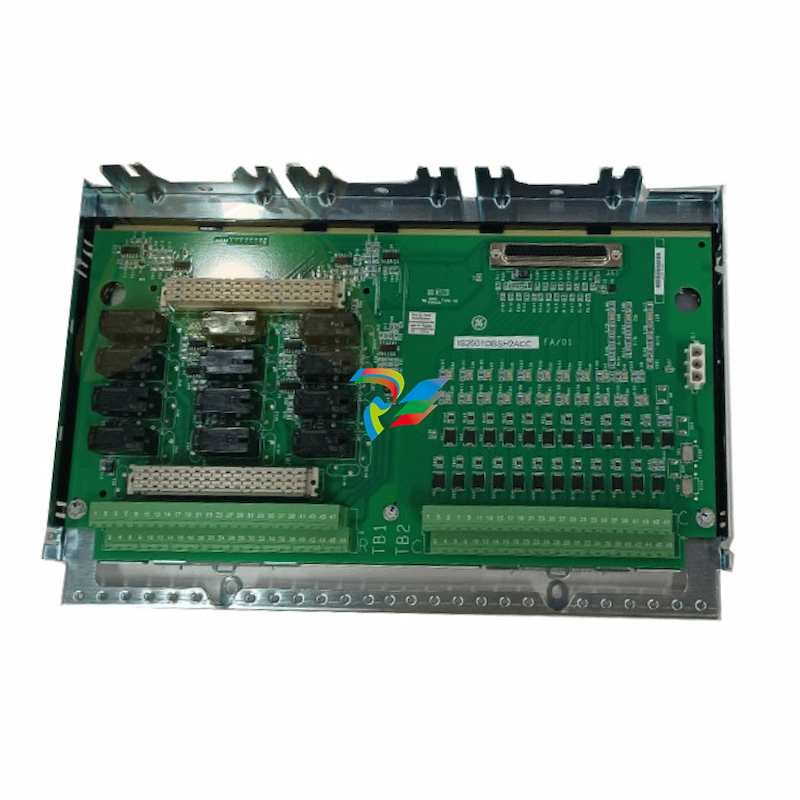
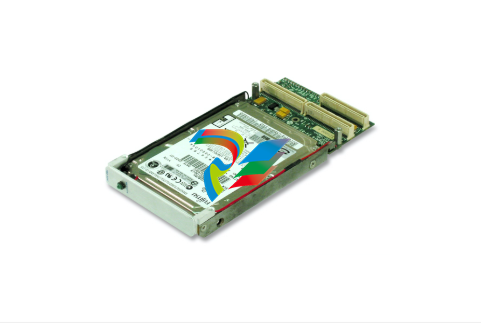
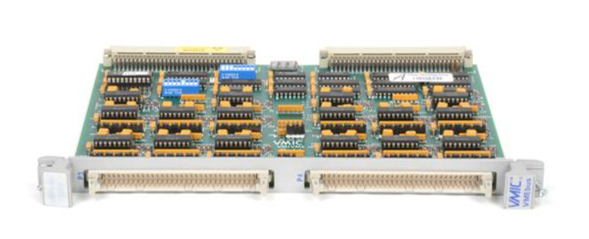
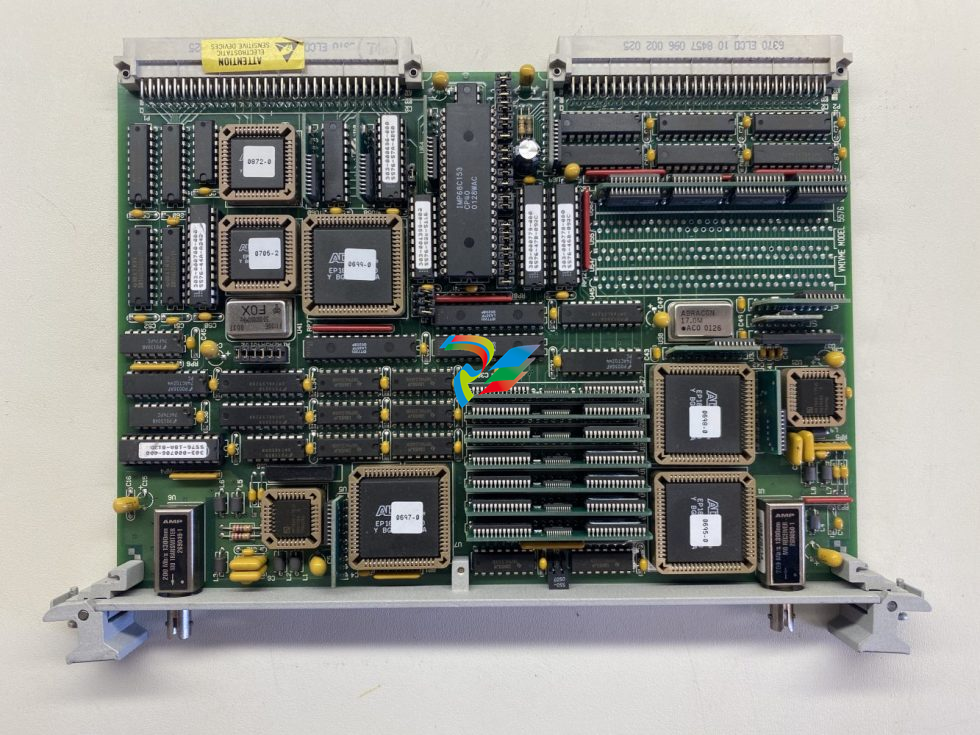
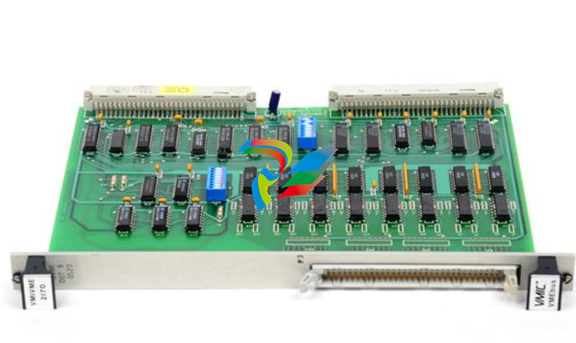
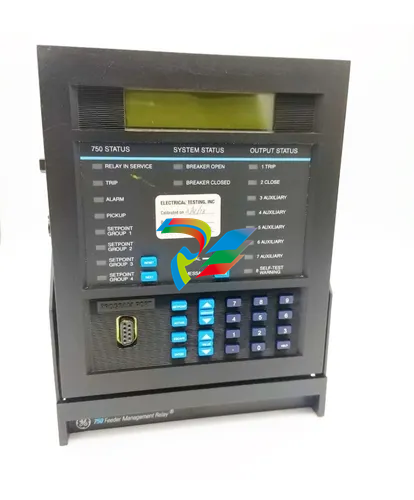
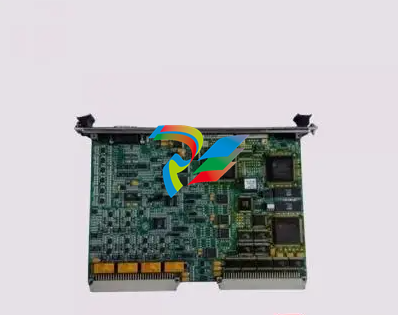
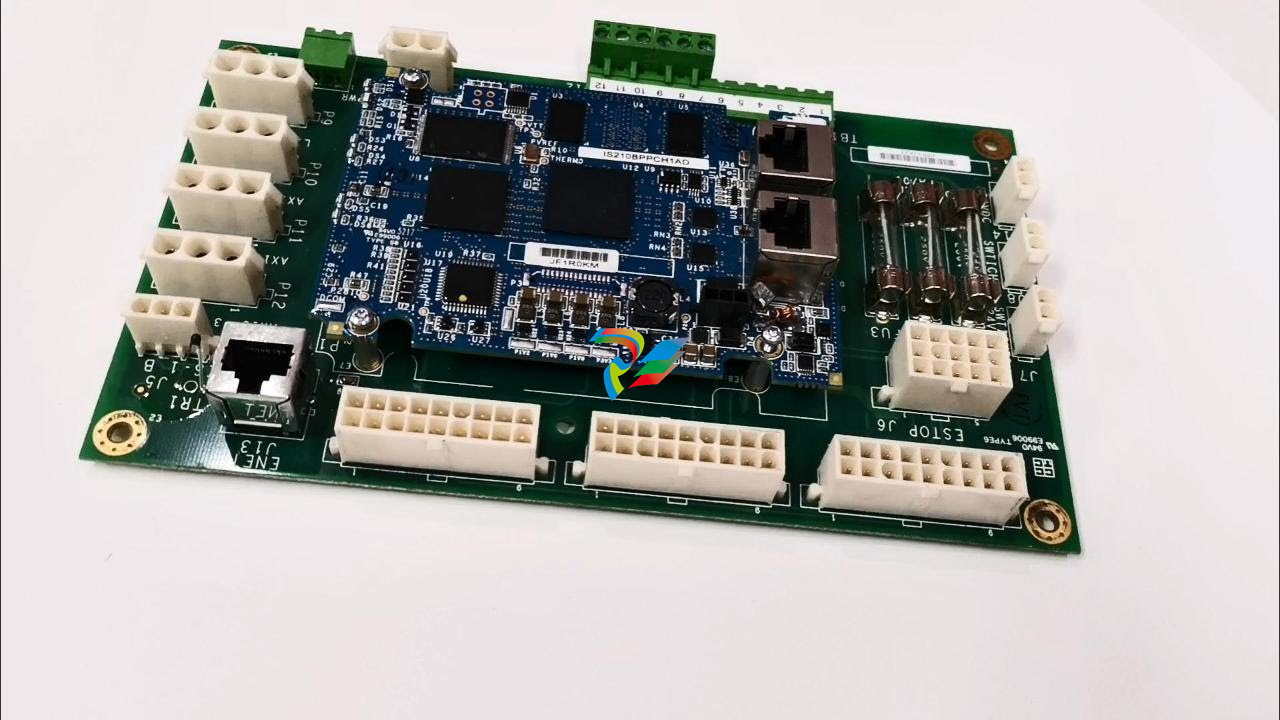
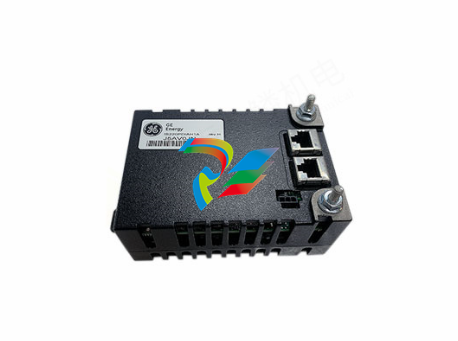
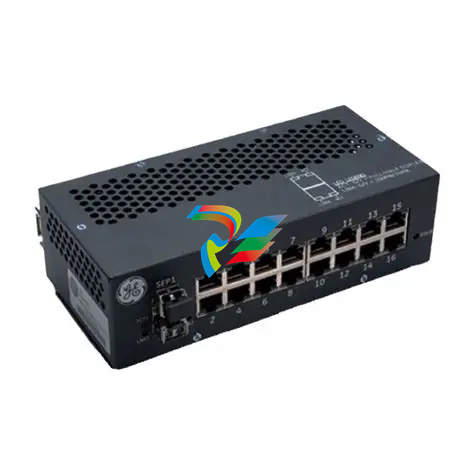
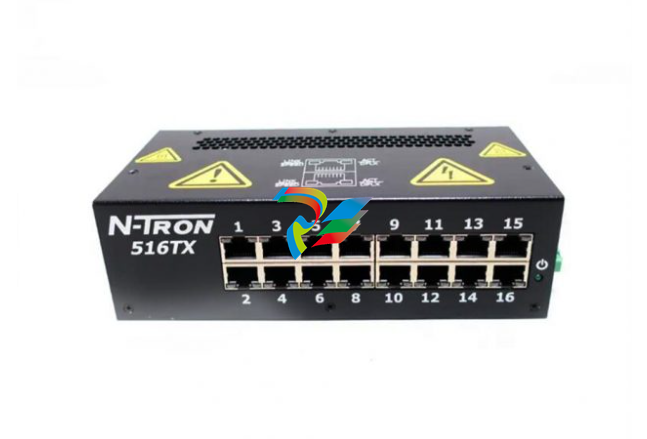
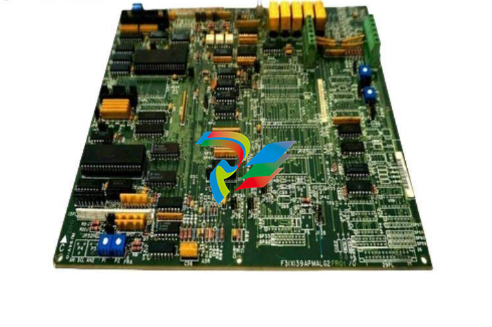
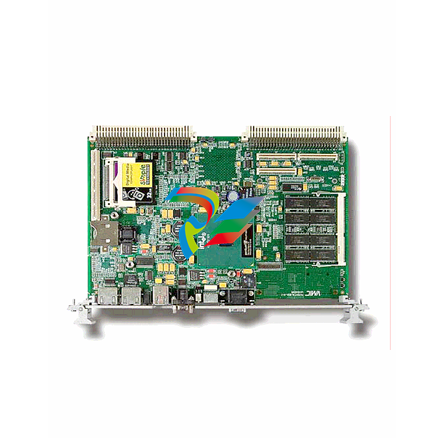
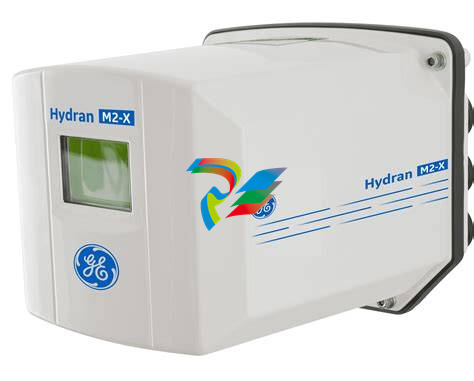
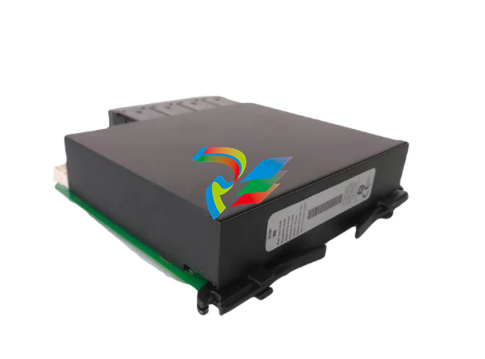
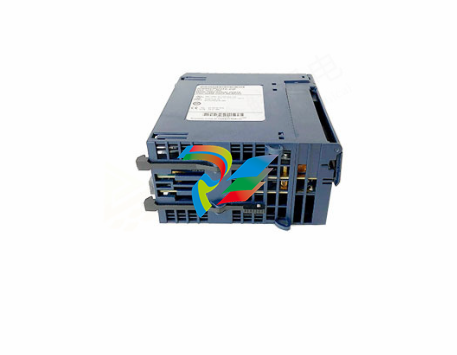
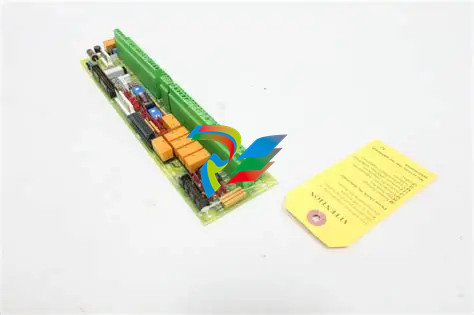
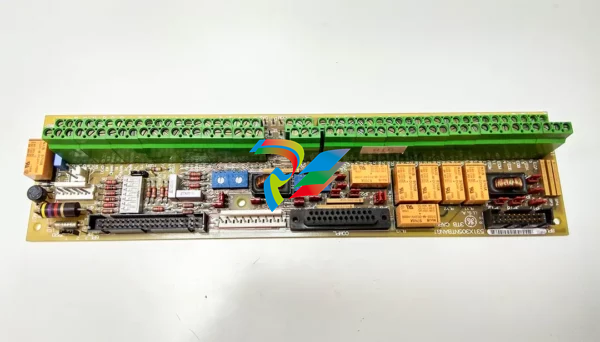
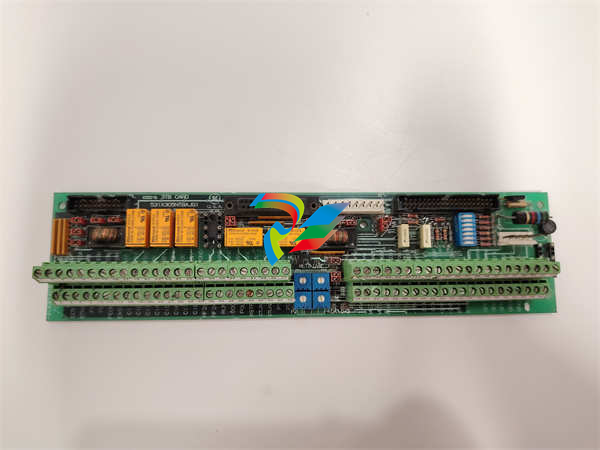

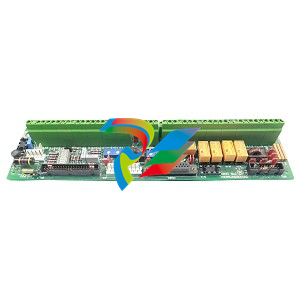
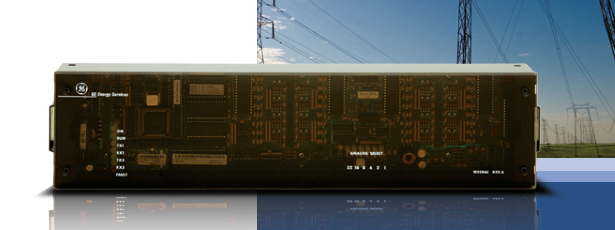
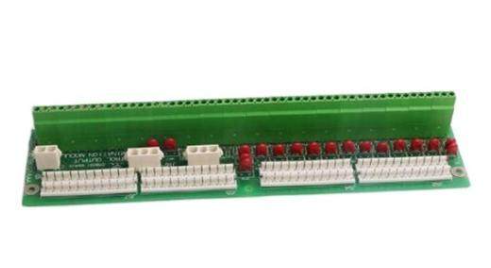
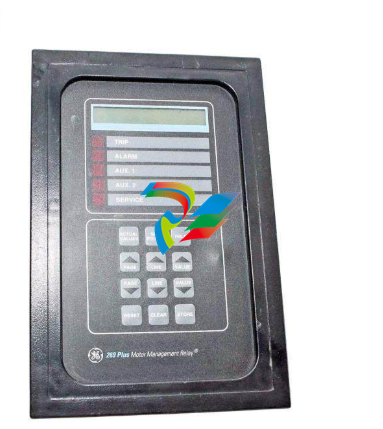
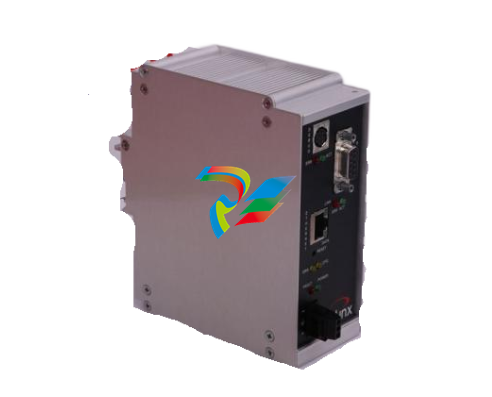
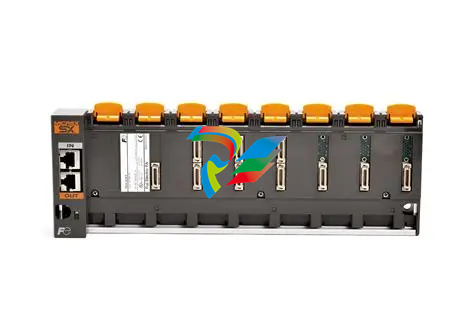
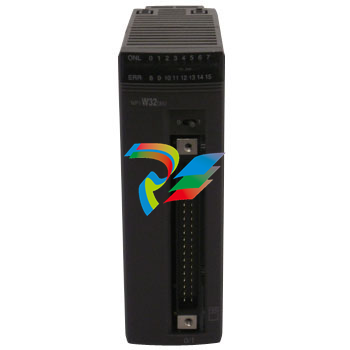
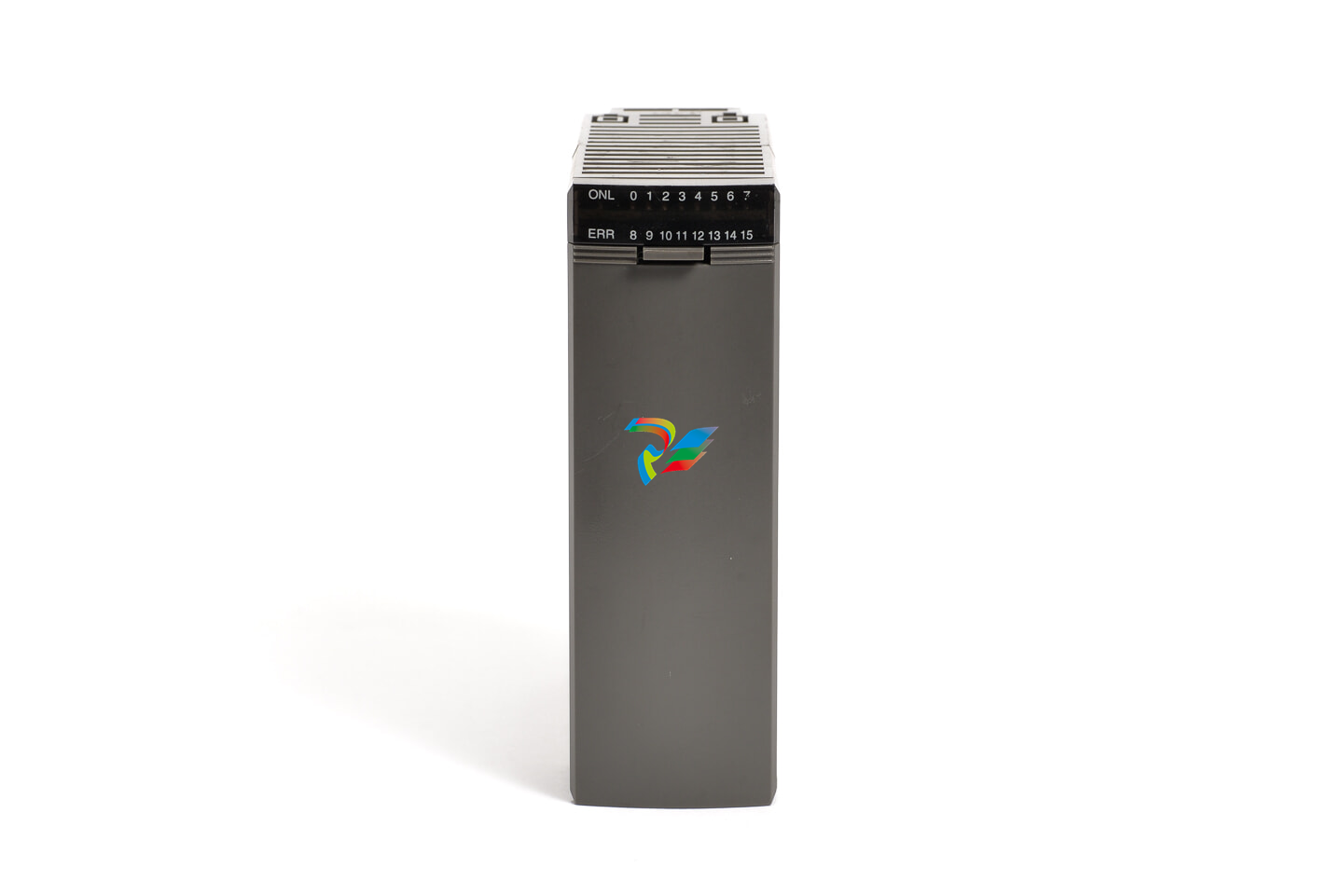
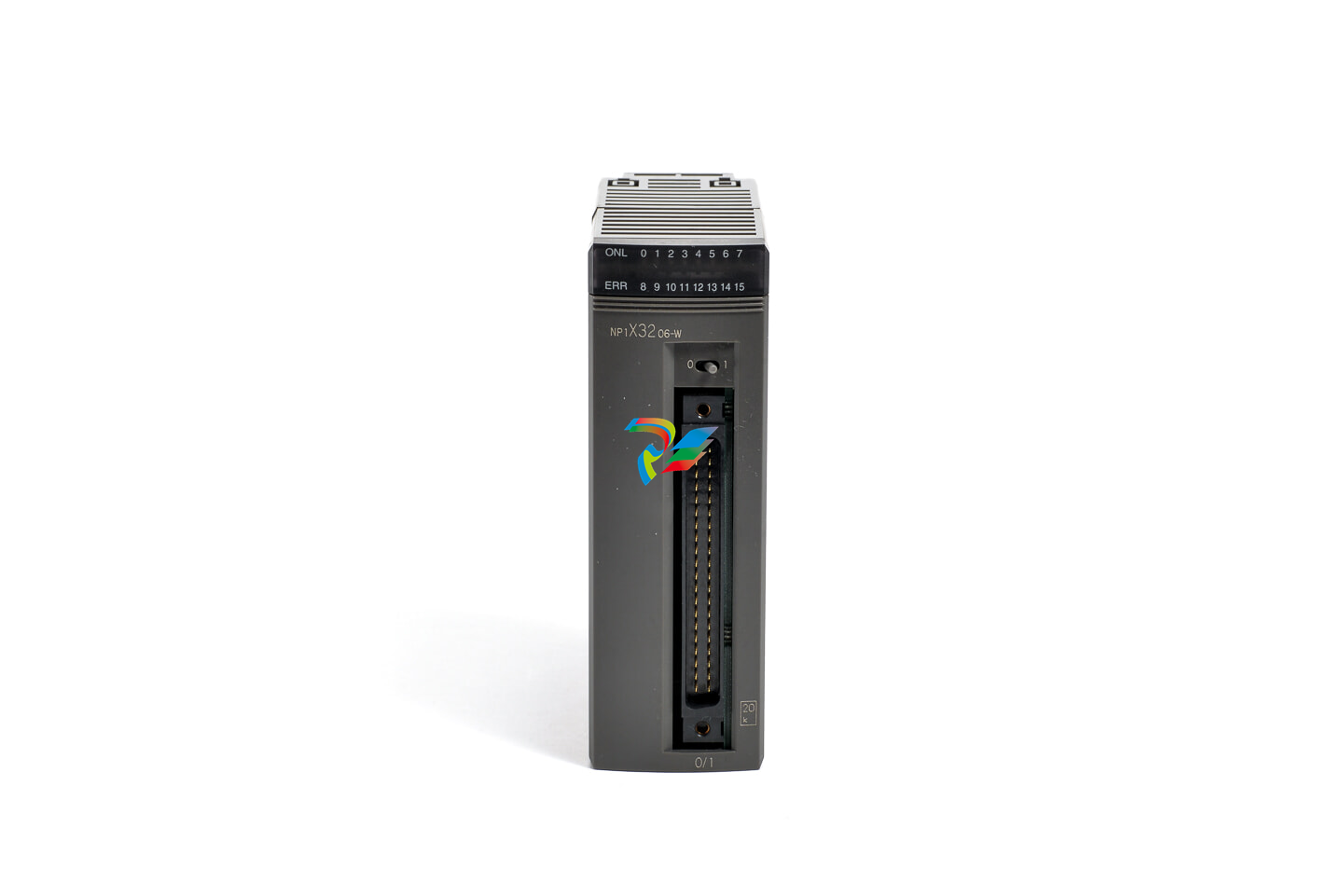
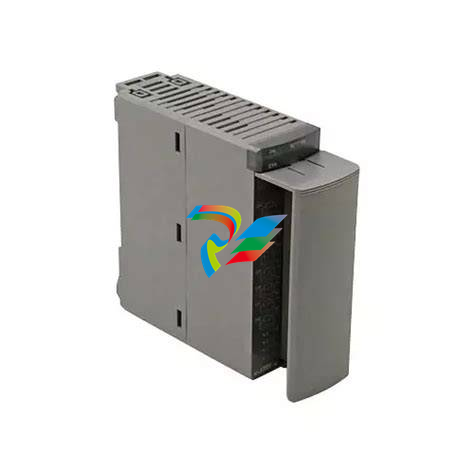
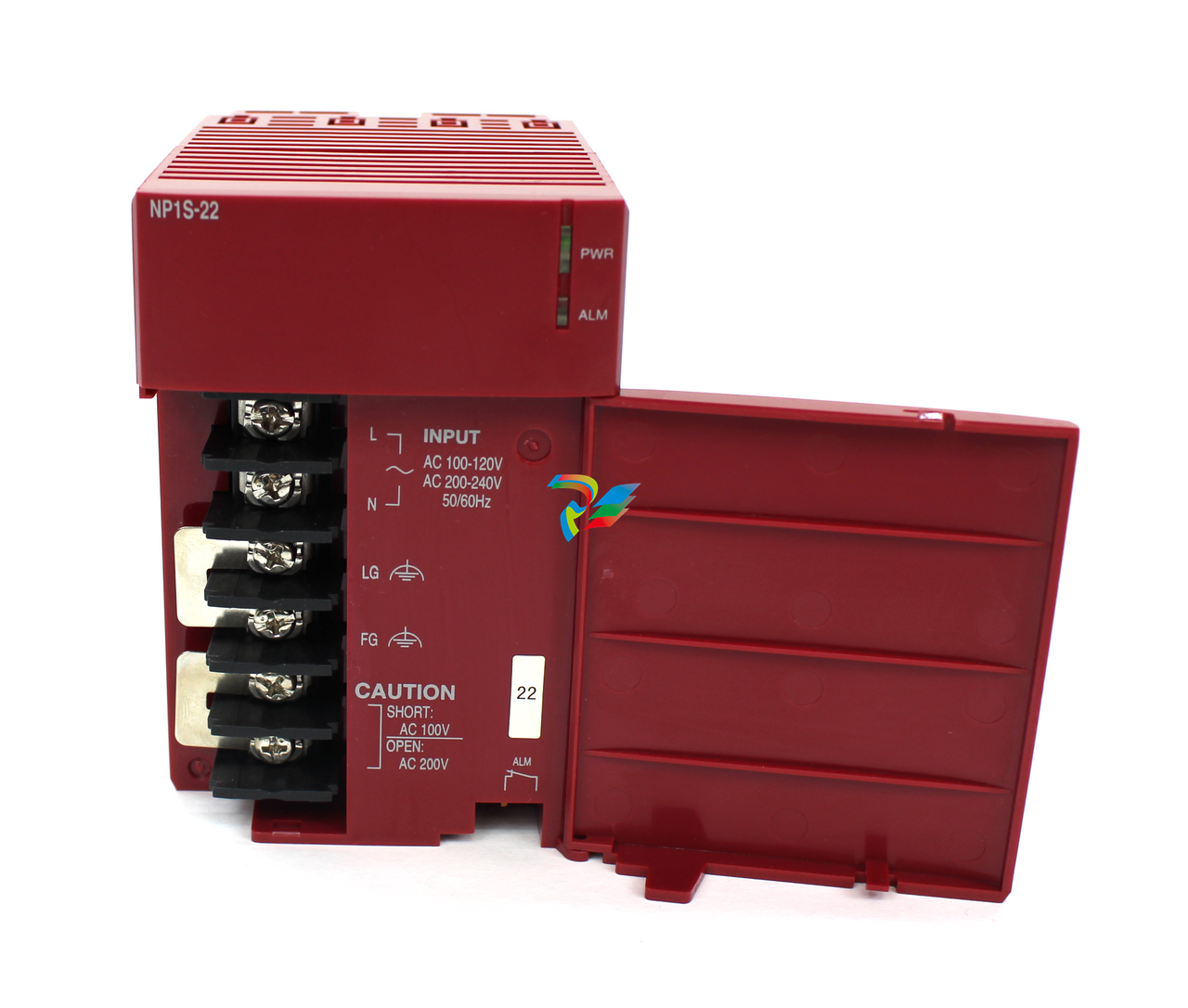
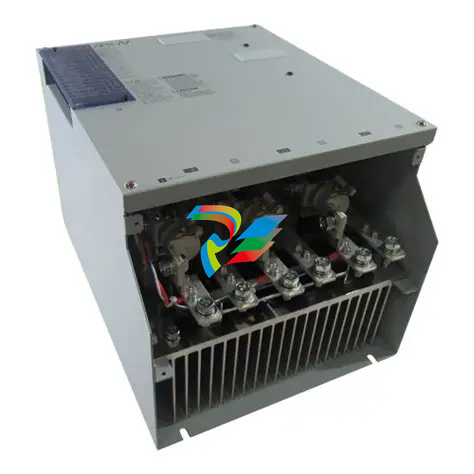
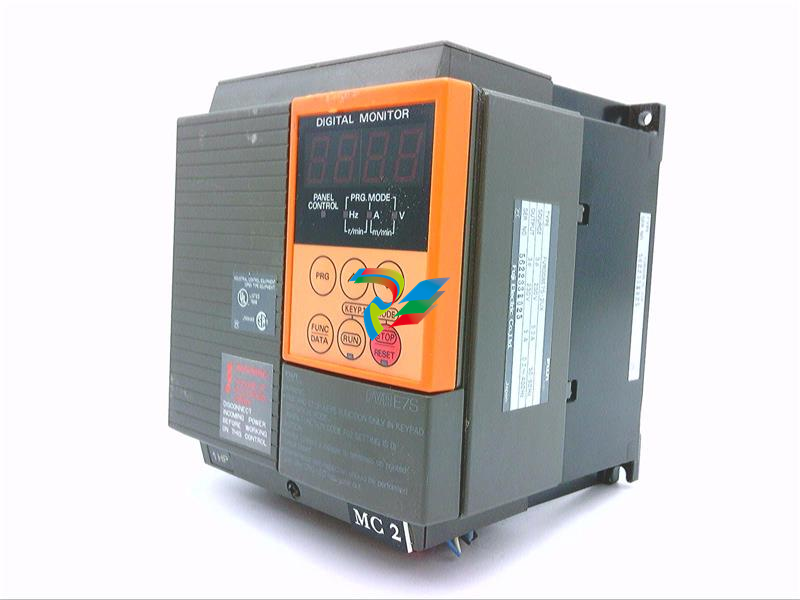
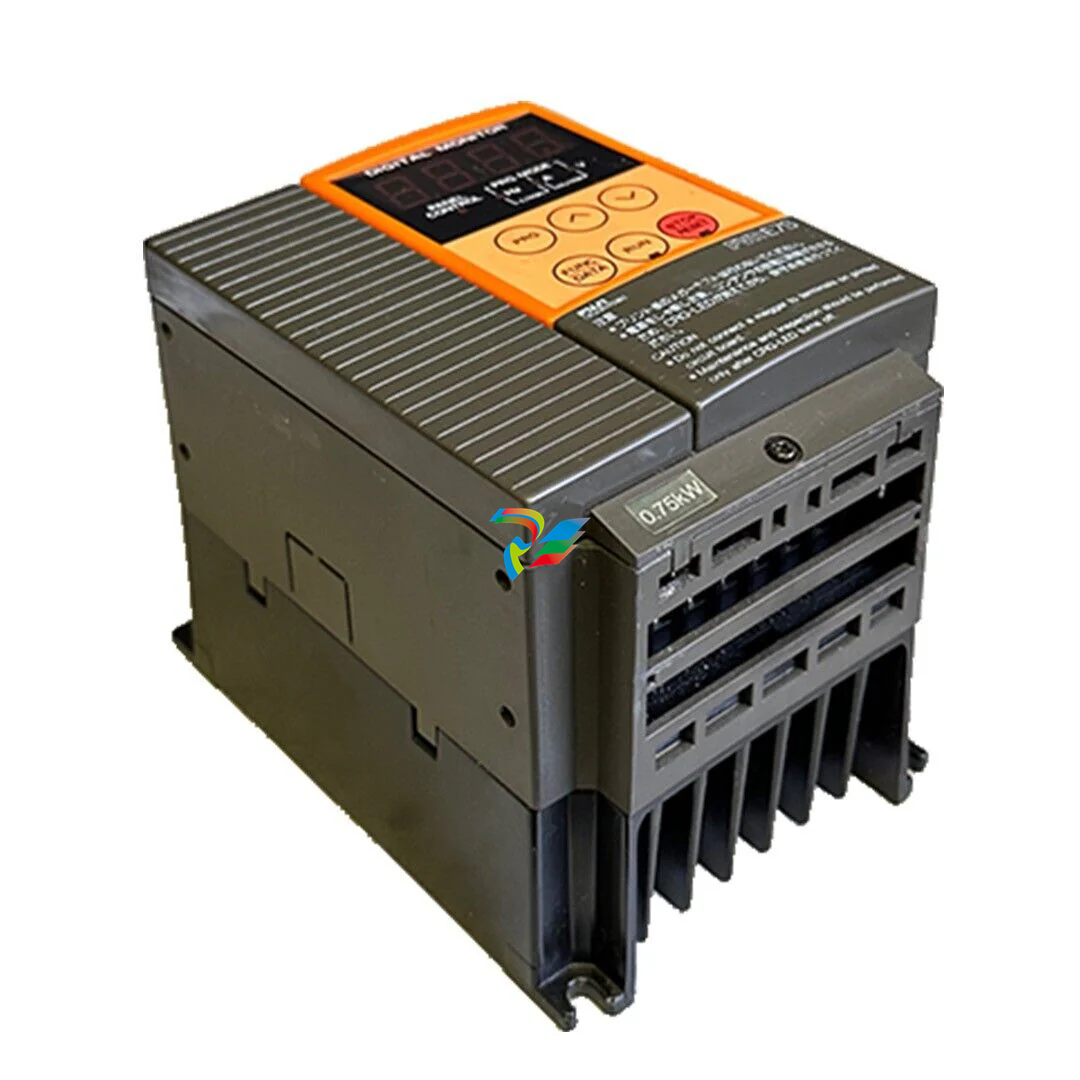
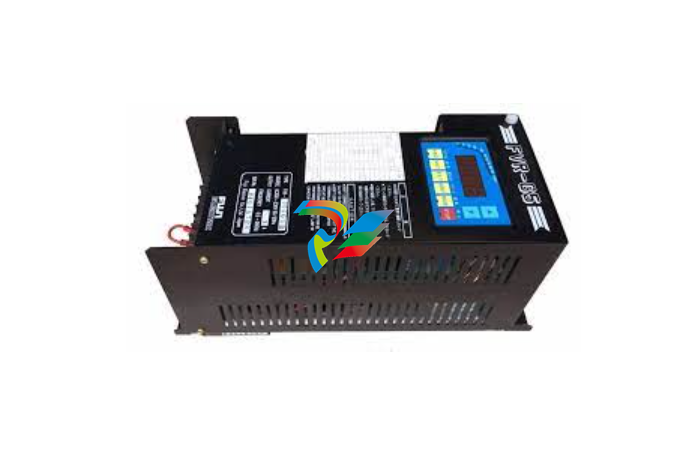
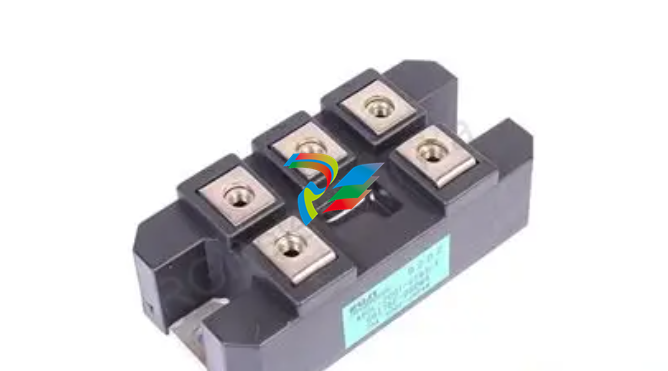
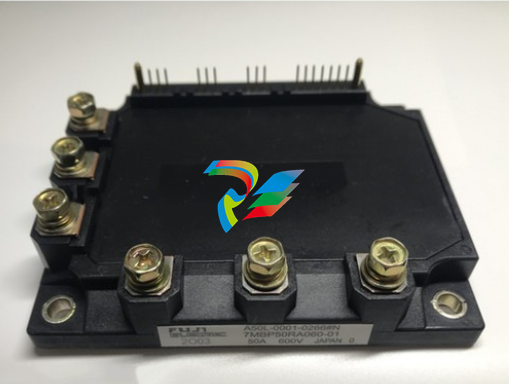
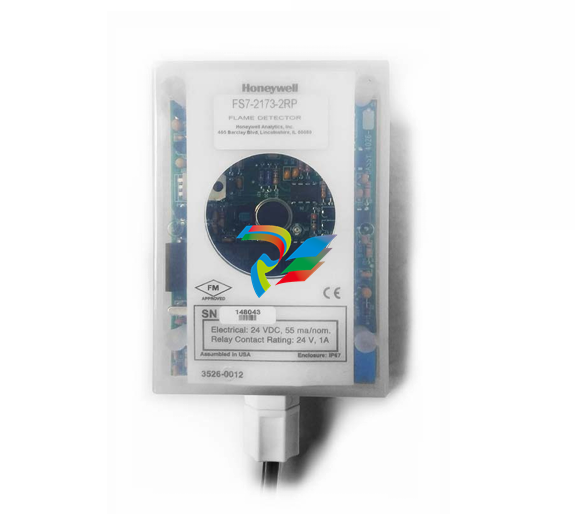
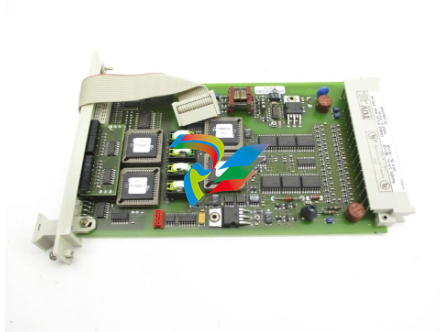
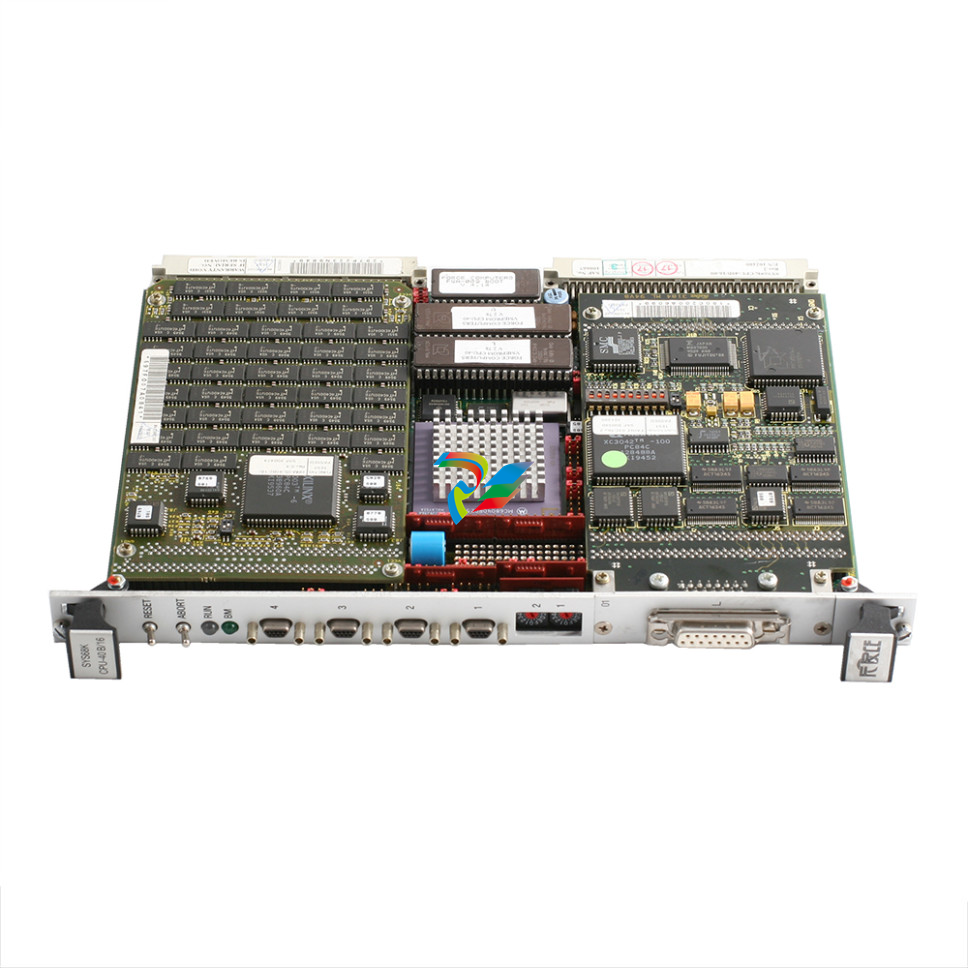
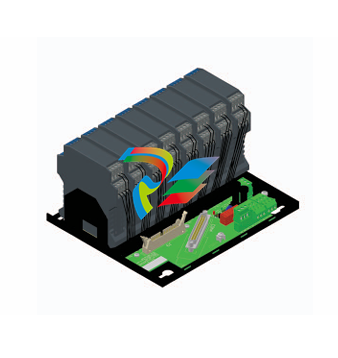
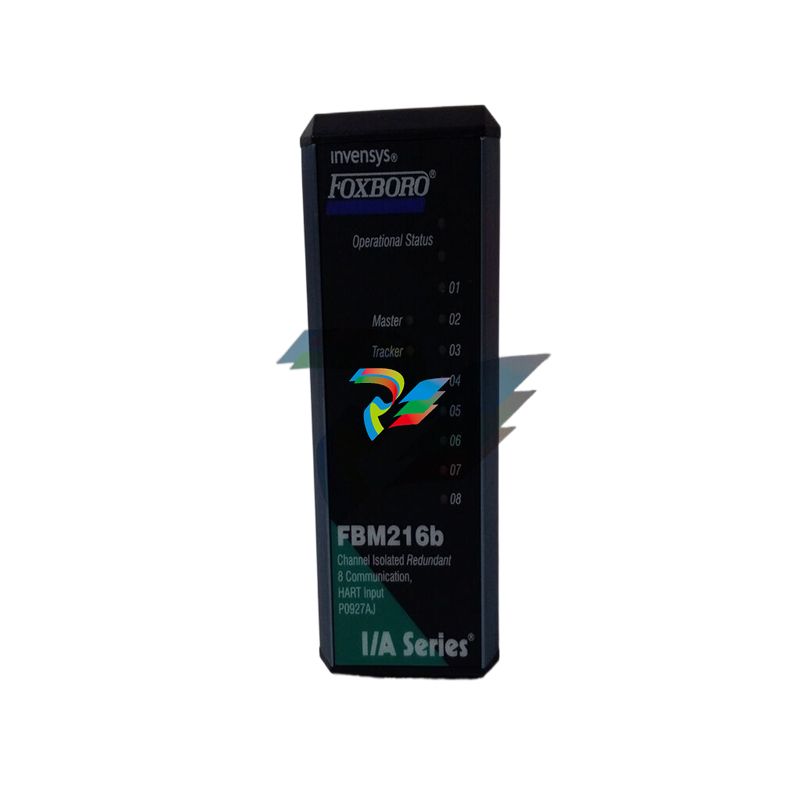
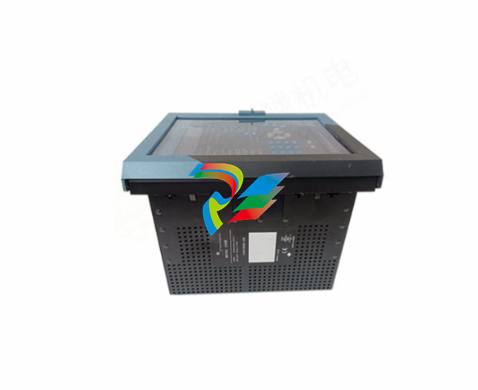
.jpg)
.jpg)
.jpg)
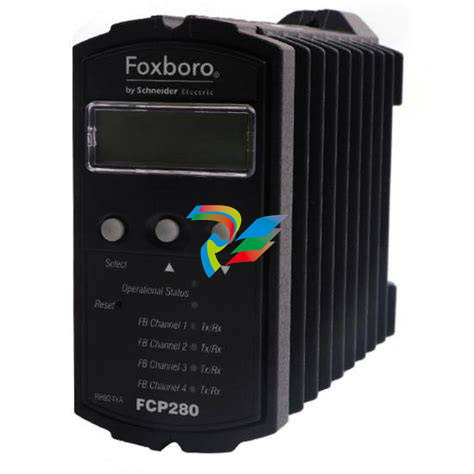
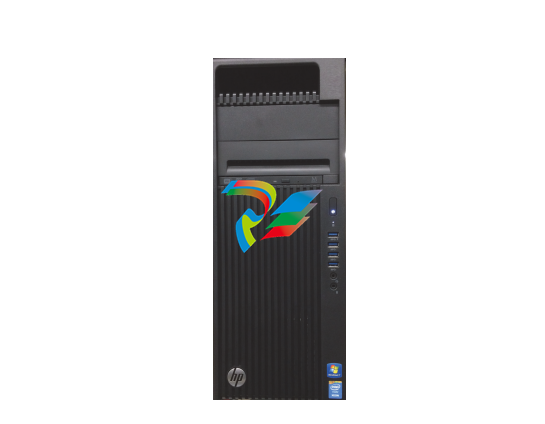
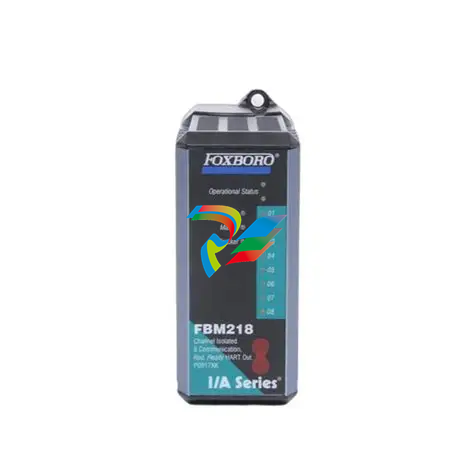
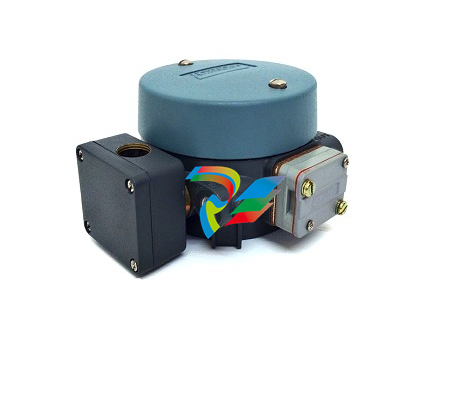
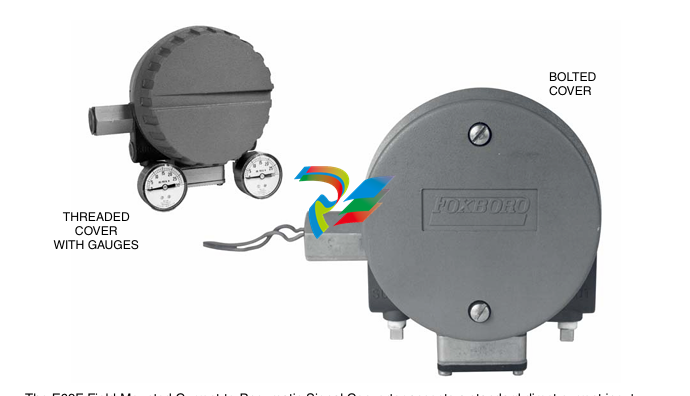
.jpg)
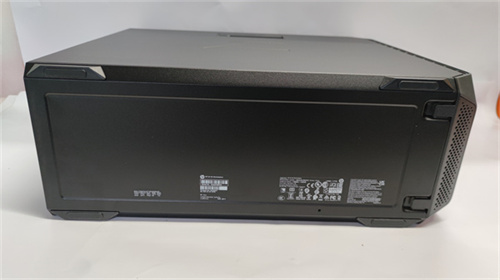
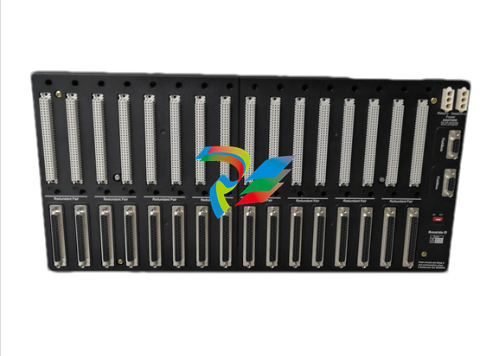
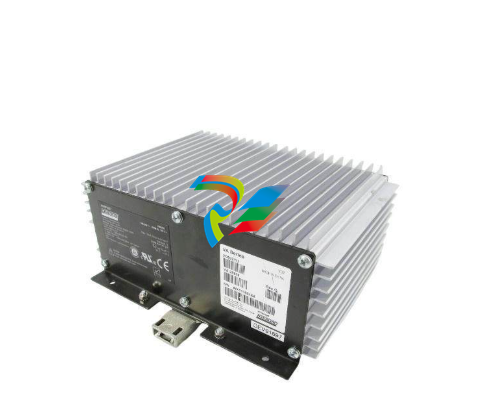
.png)
.jpg)
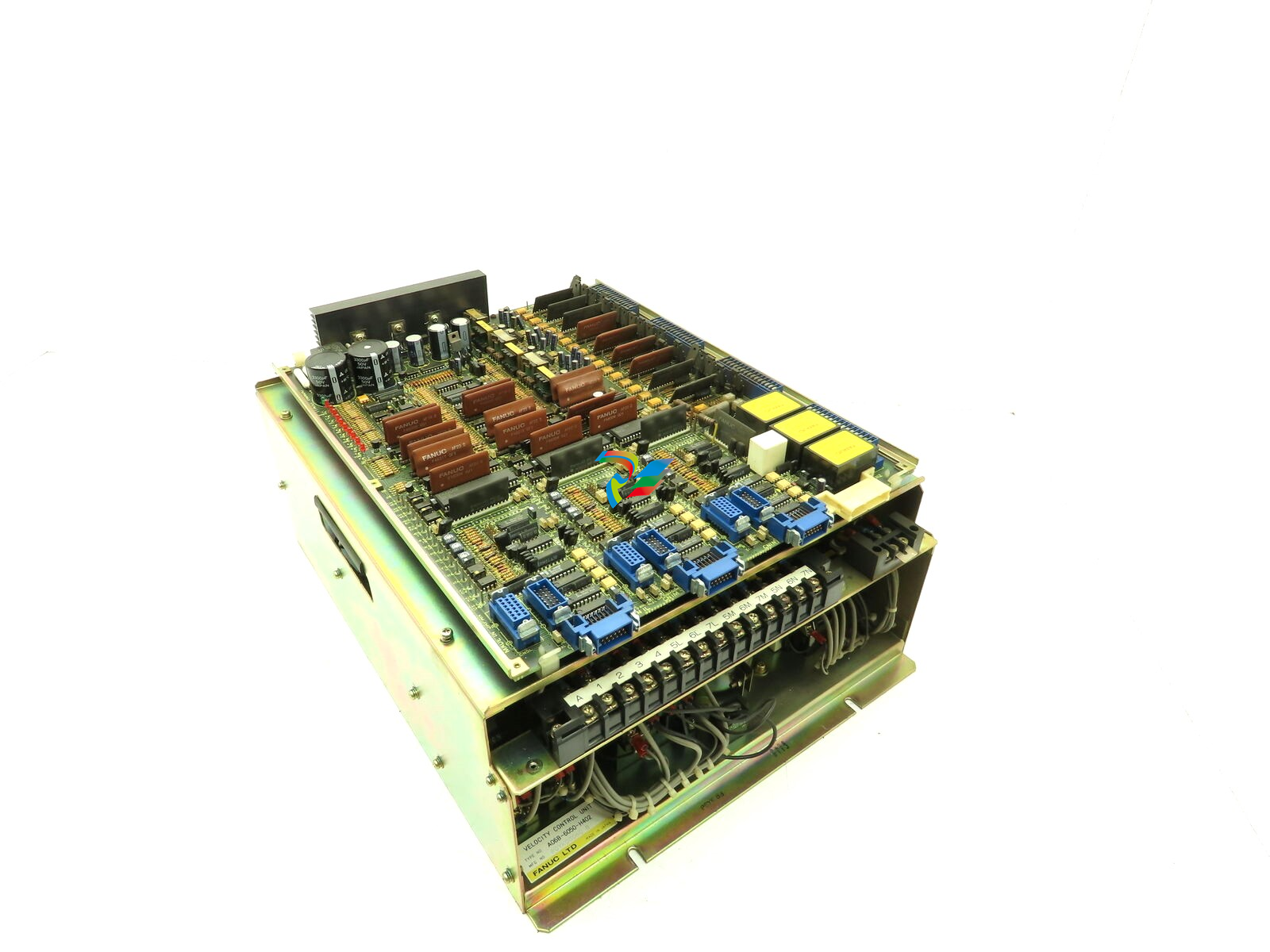
.jpg)
_lVjBYb.jpg)
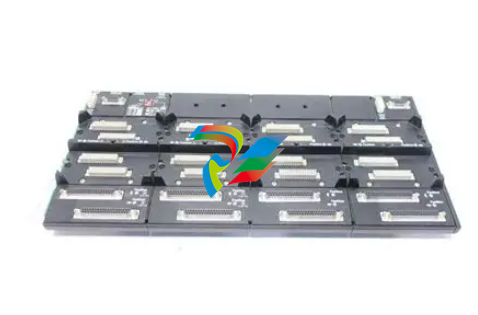
.jpg)
.jpg)
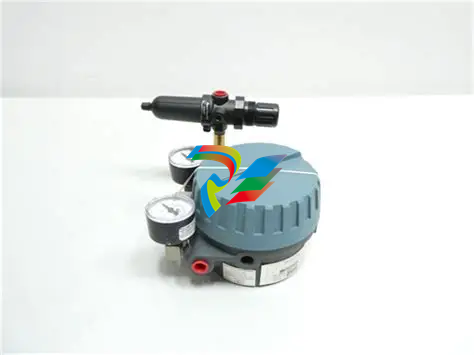
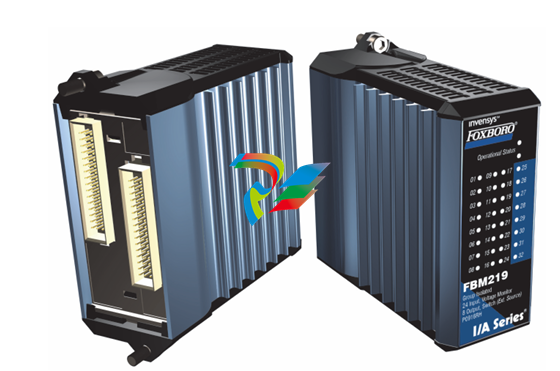
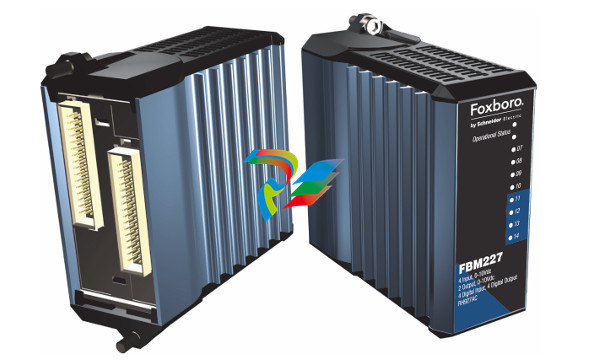
.jpg)
.jpg)
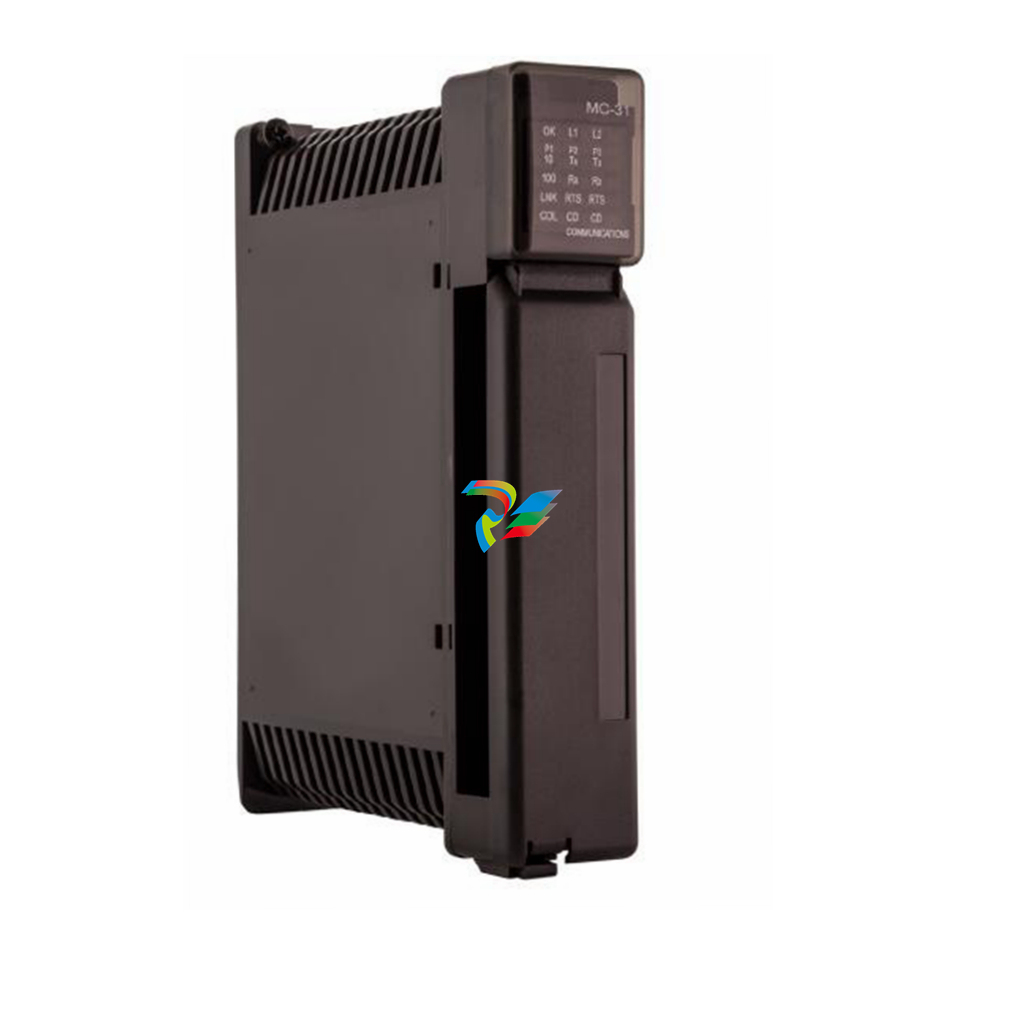
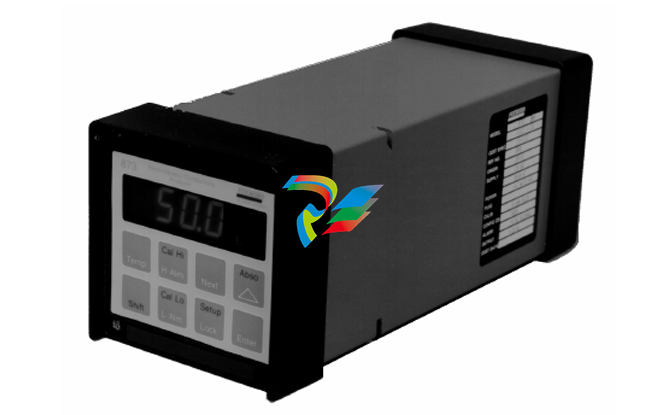
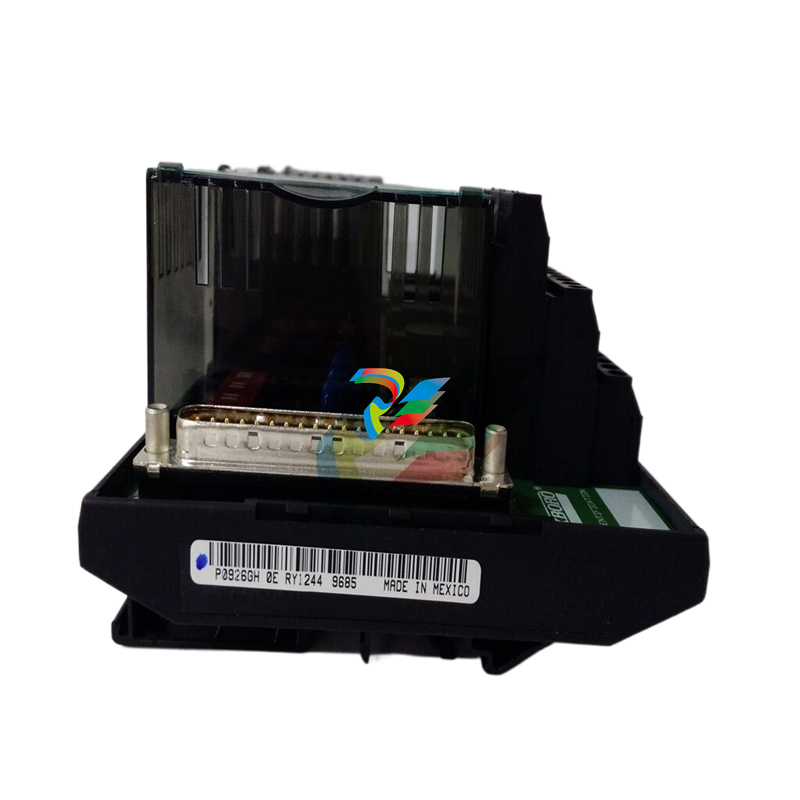
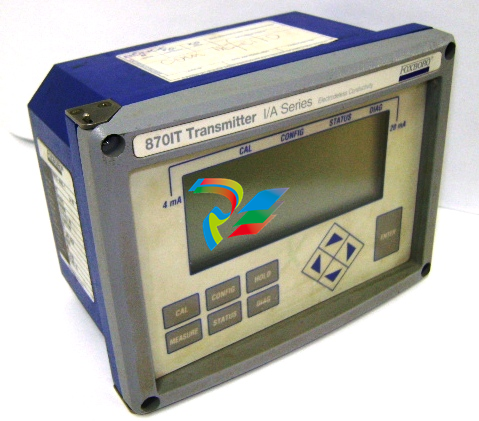
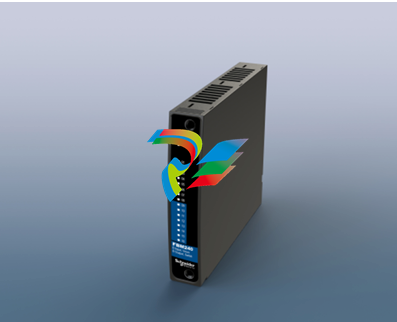
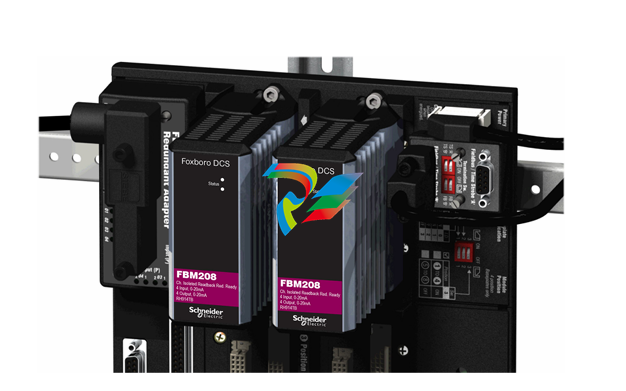
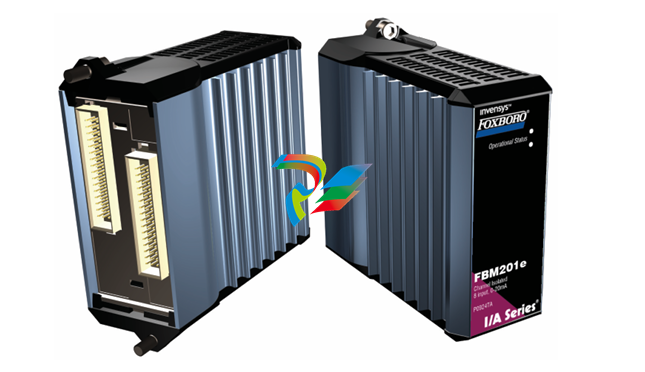
.jpg)
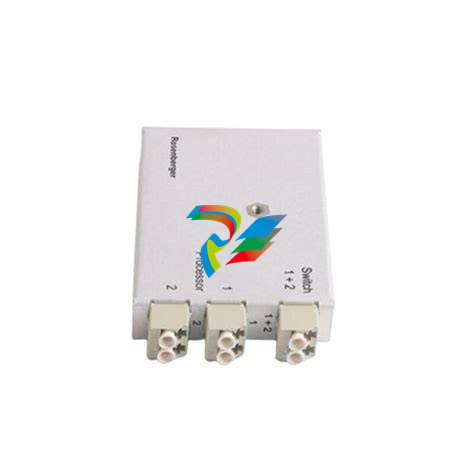
.jpg)
.jpg)
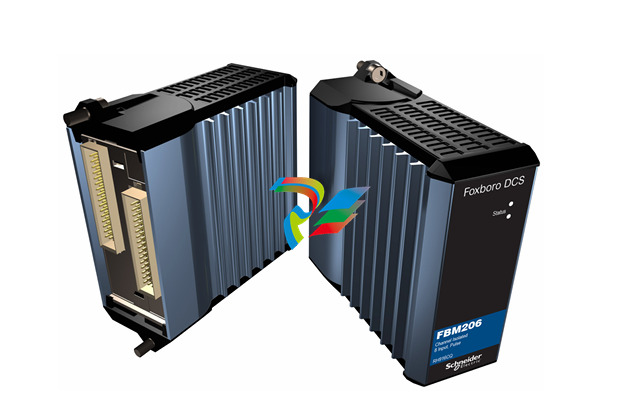
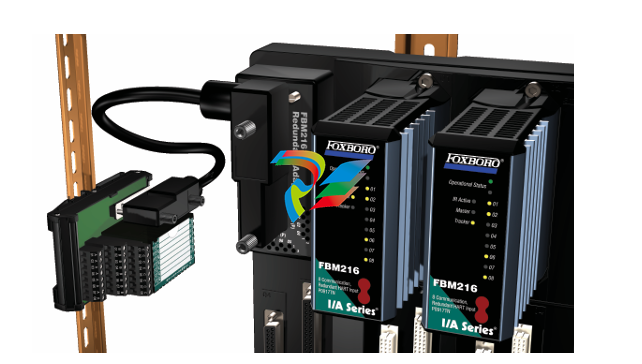
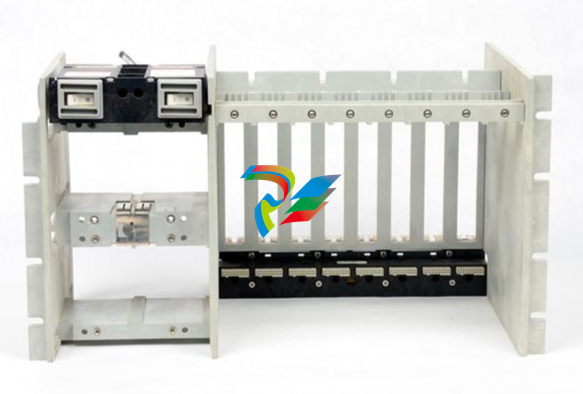
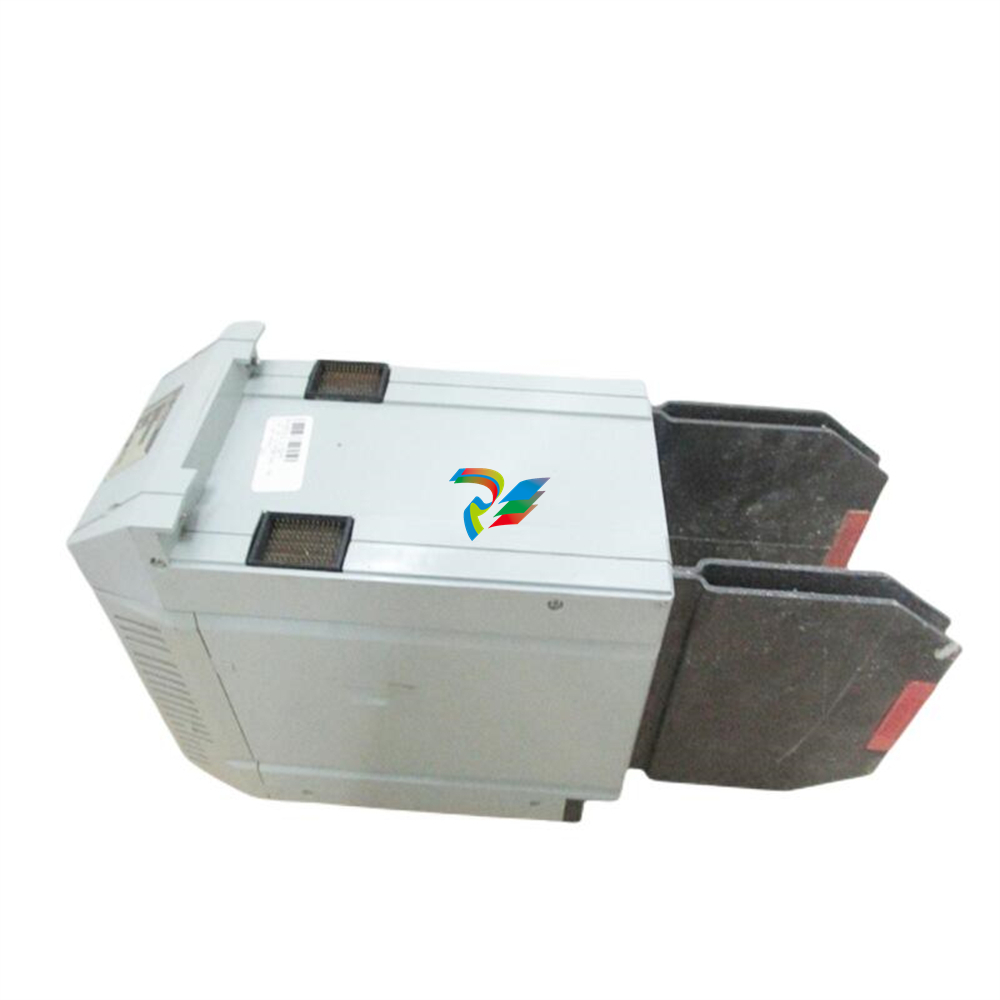
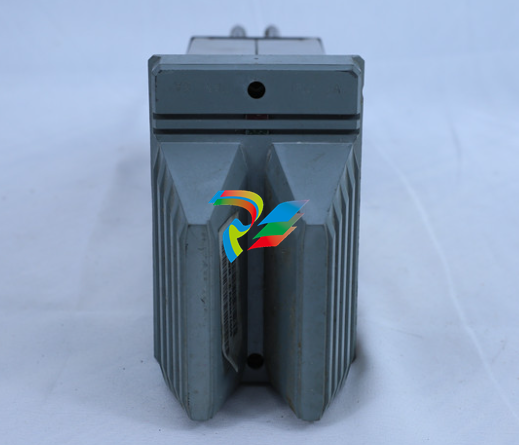
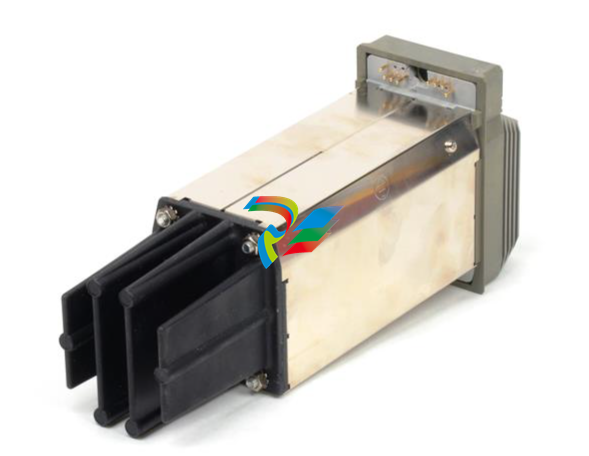
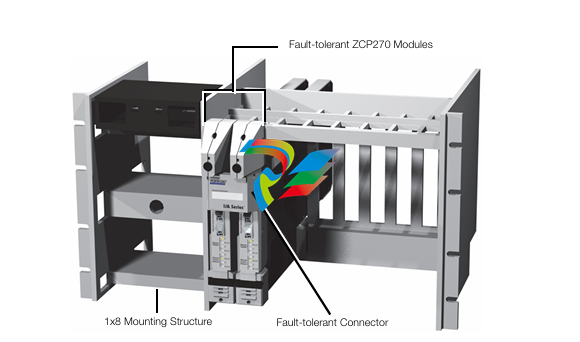
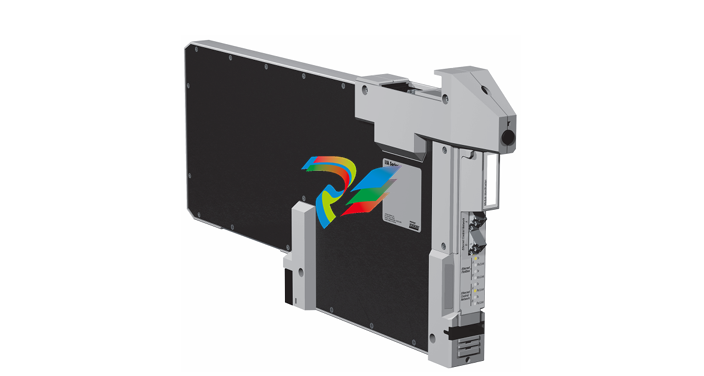
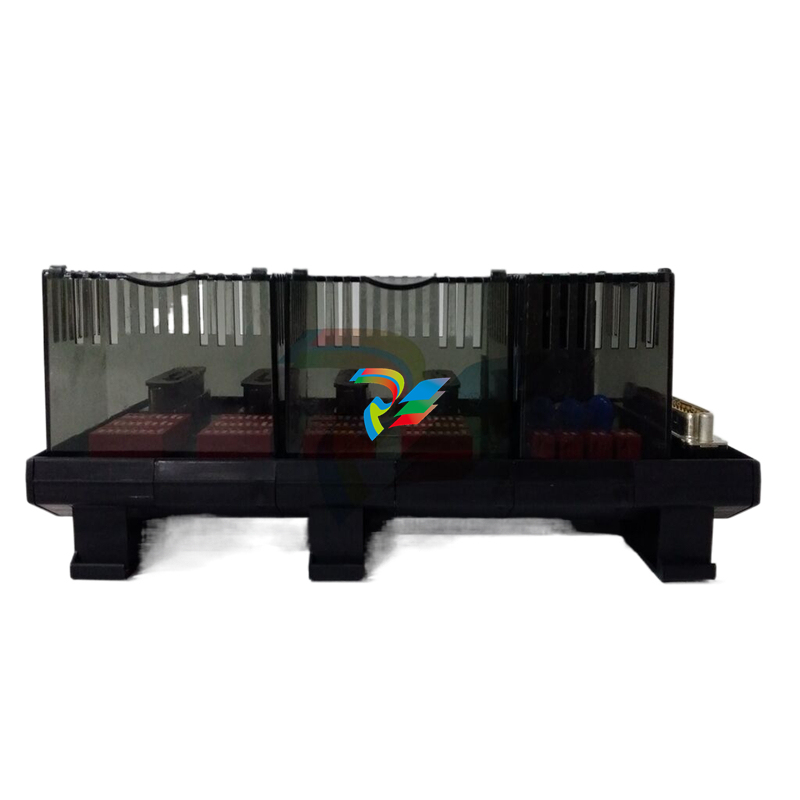
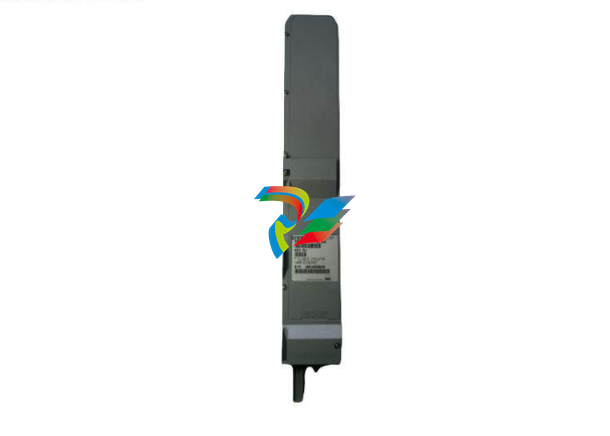
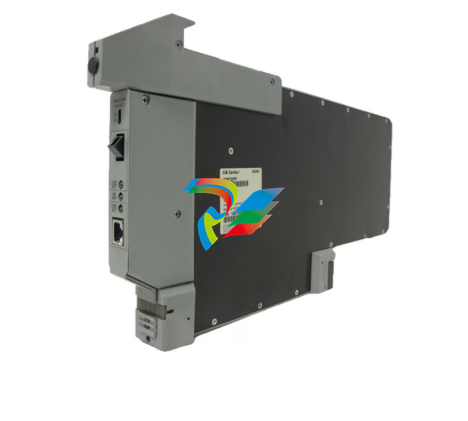
.jpg)
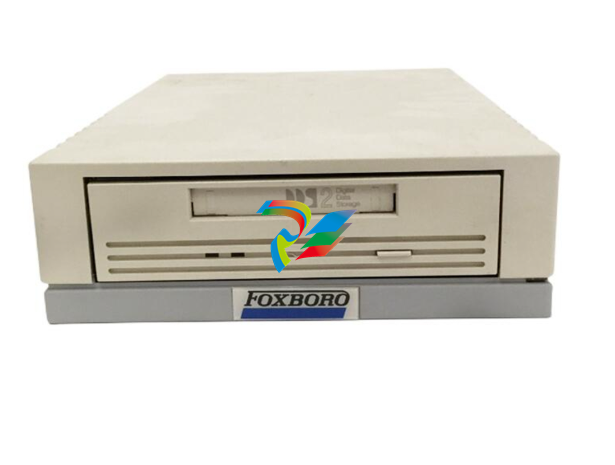
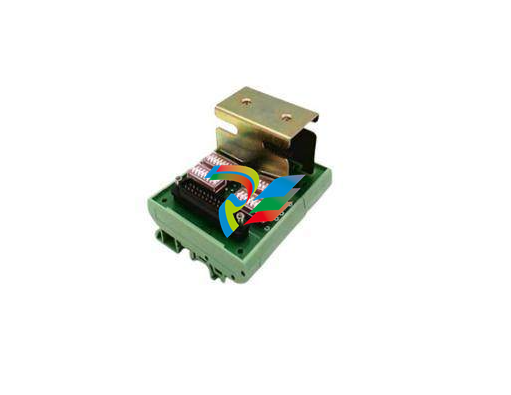
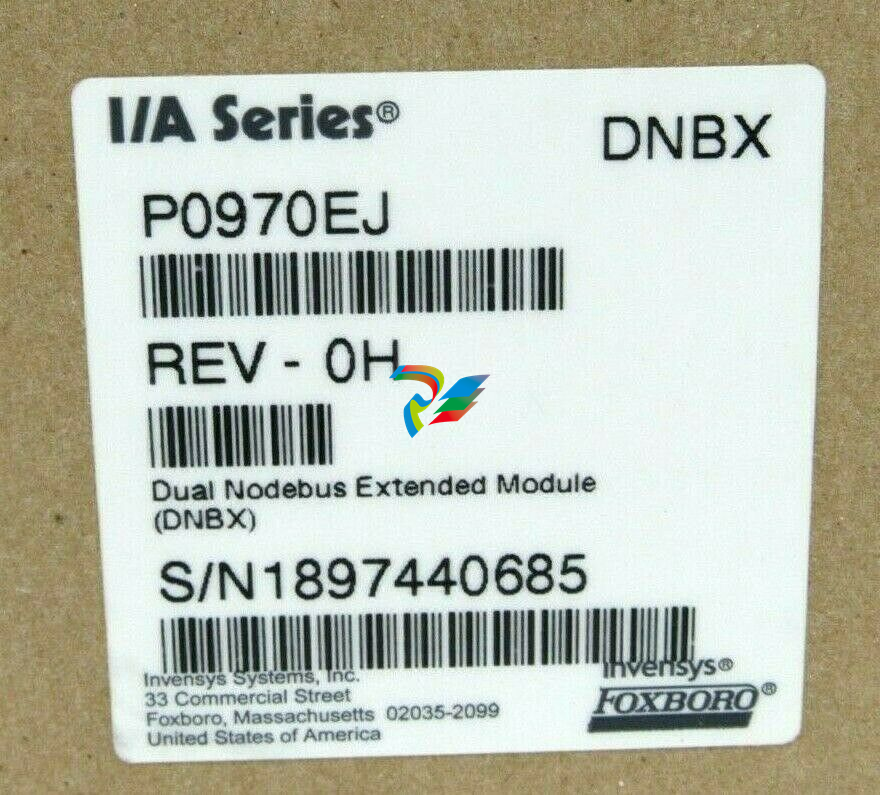
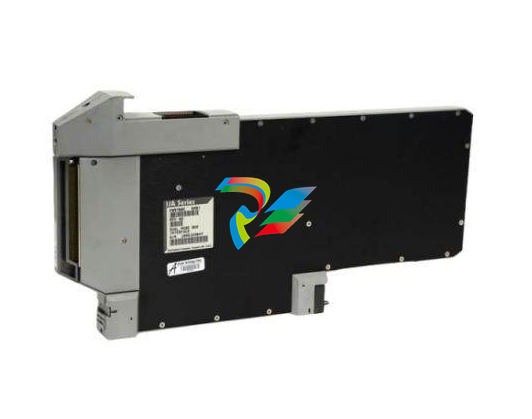
.jpg)
.jpg)
.jpg)
.jpg)
.jpg)
.jpg)
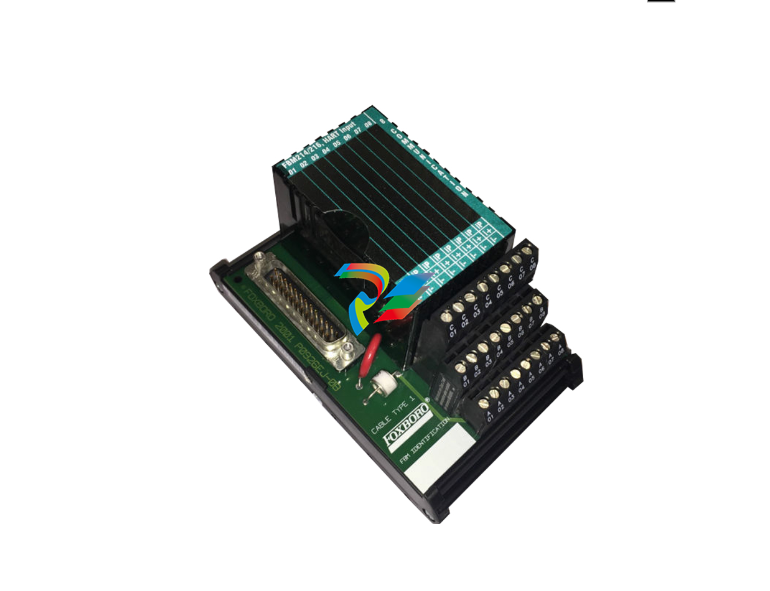
.jpg)
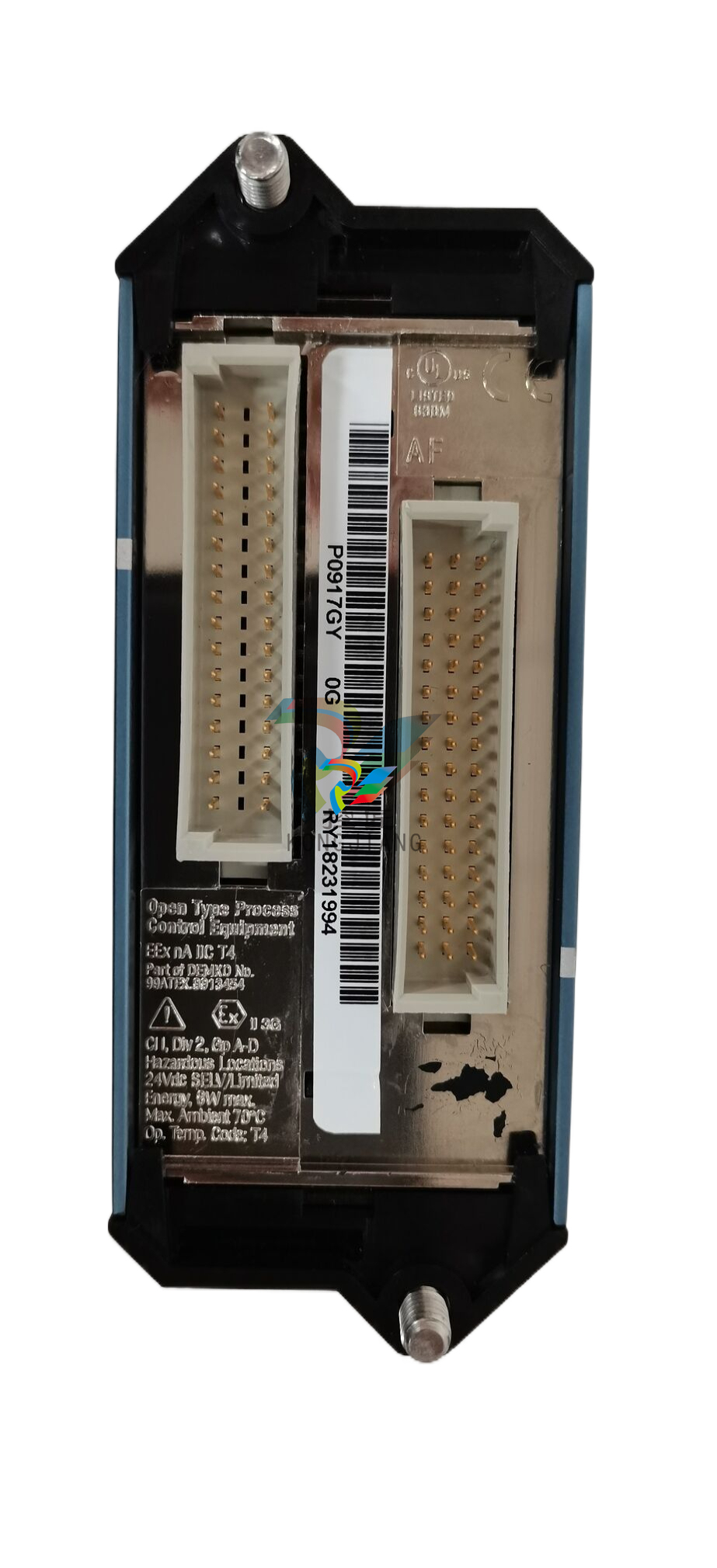
.jpg)
.jpg)
.jpg)
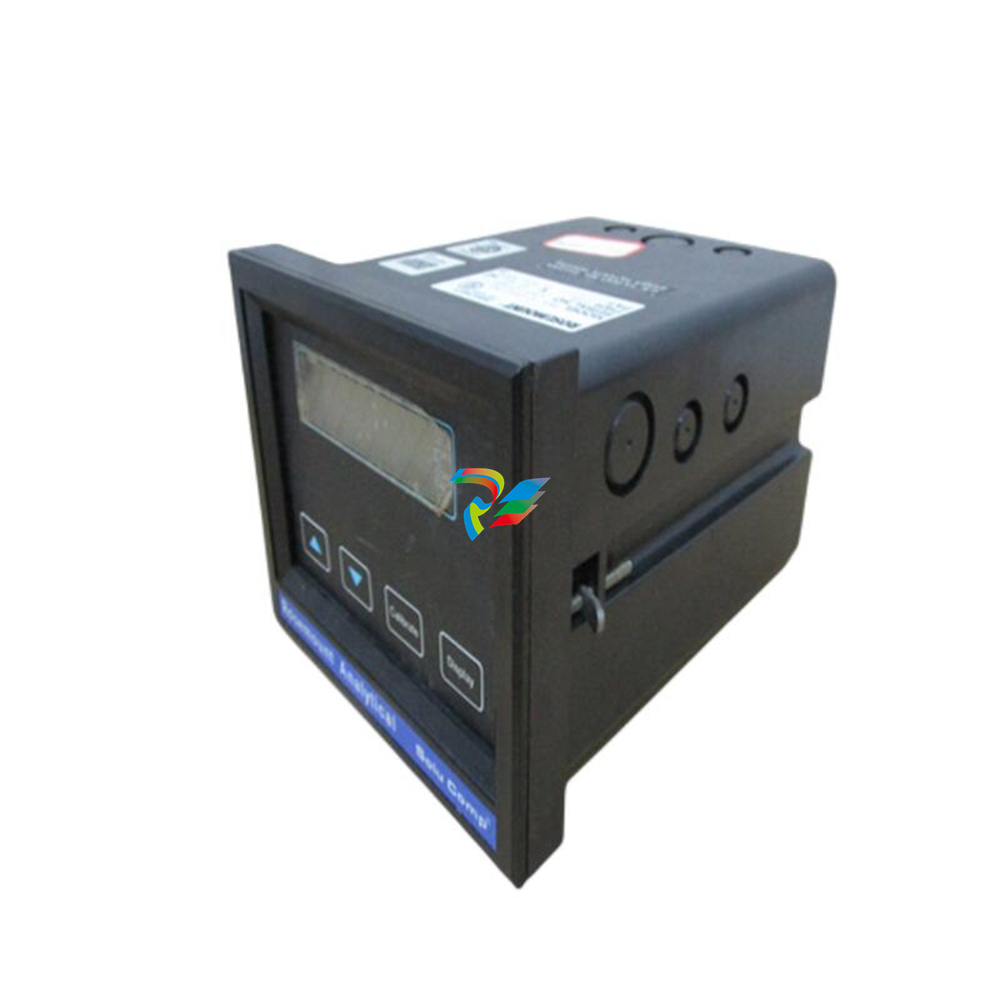
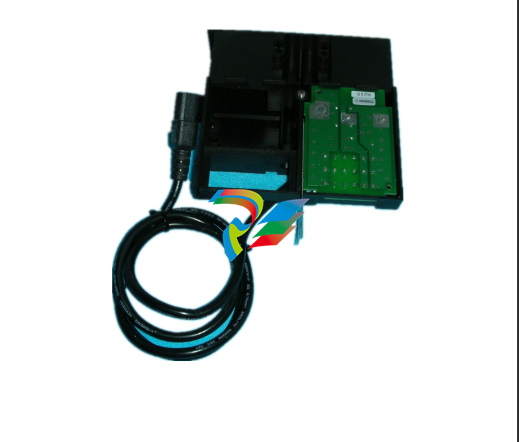
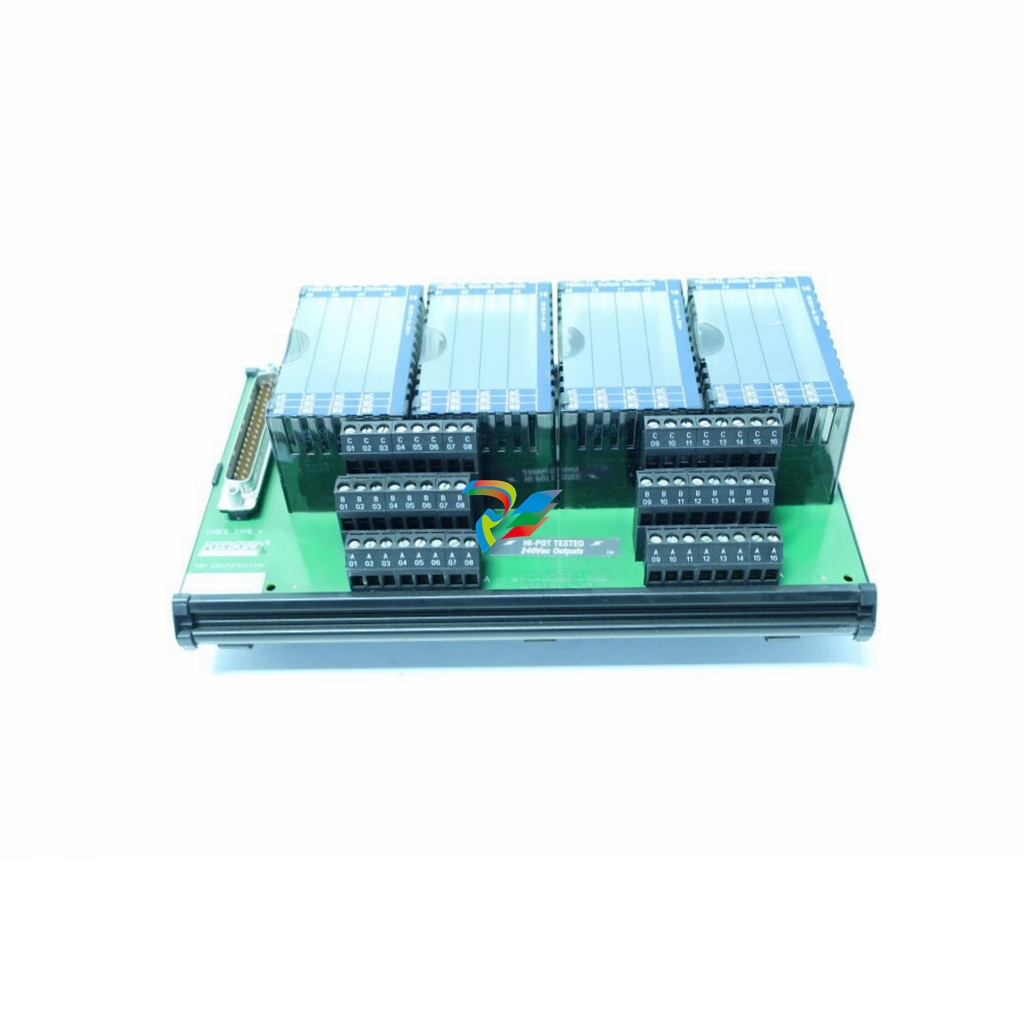
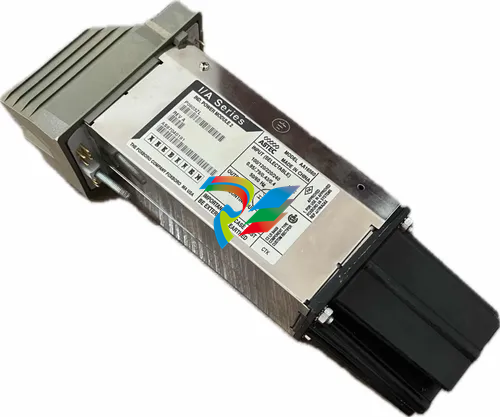

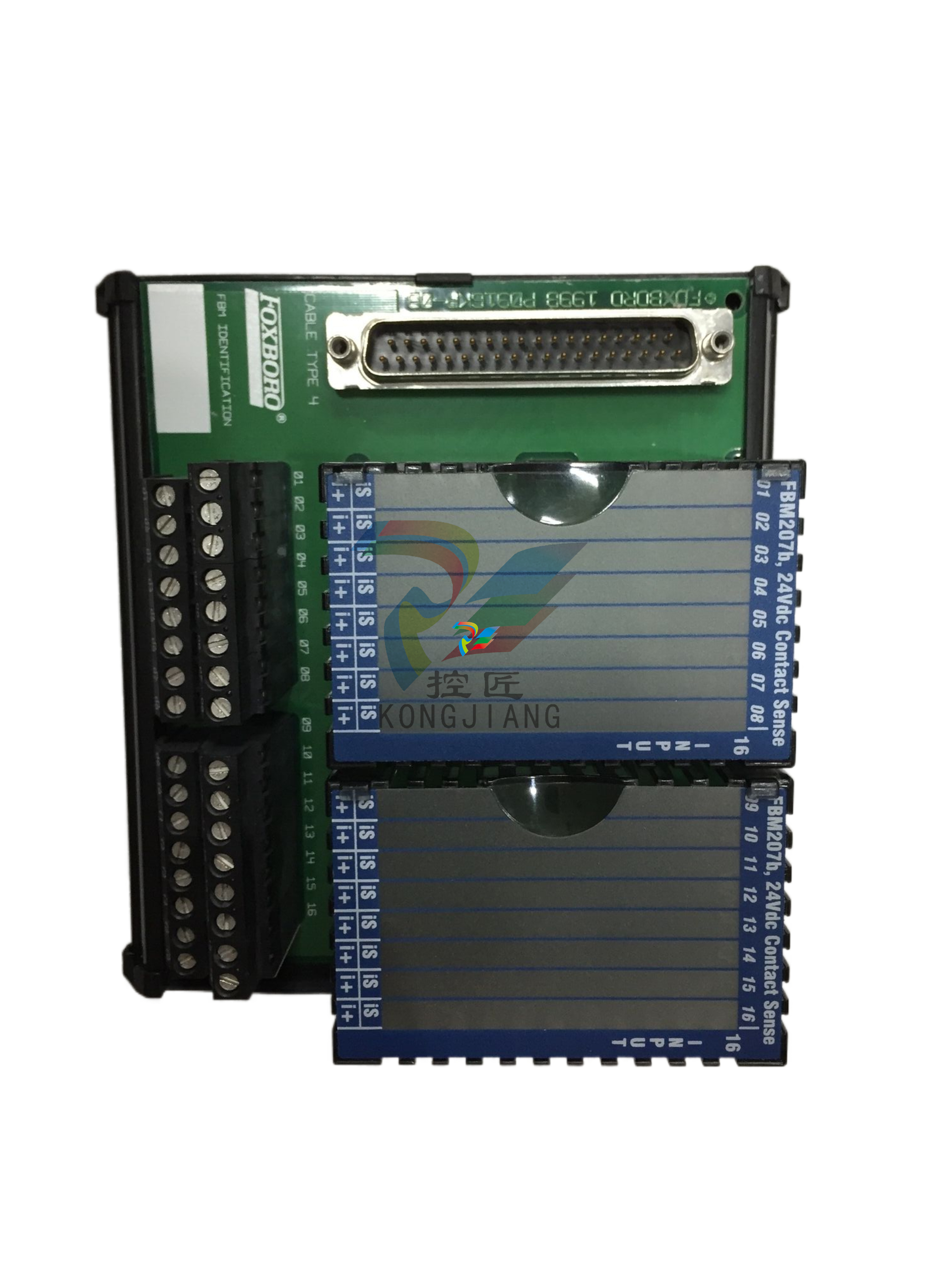
.jpg)
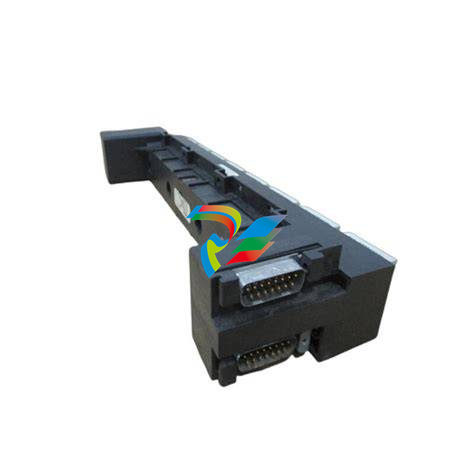
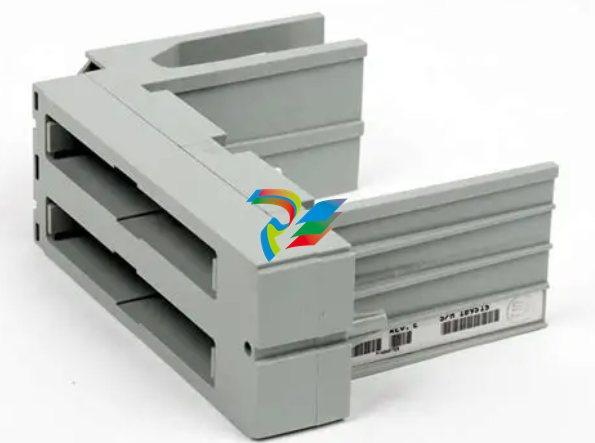
.jpg)
